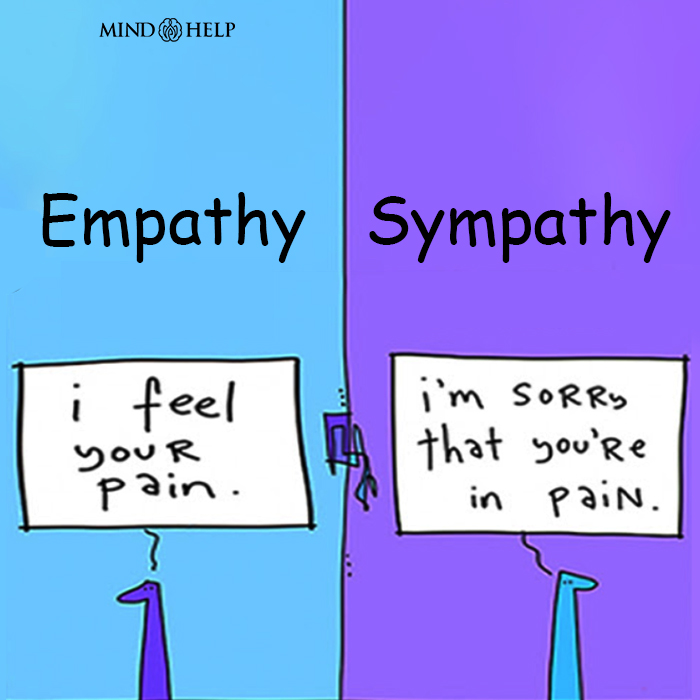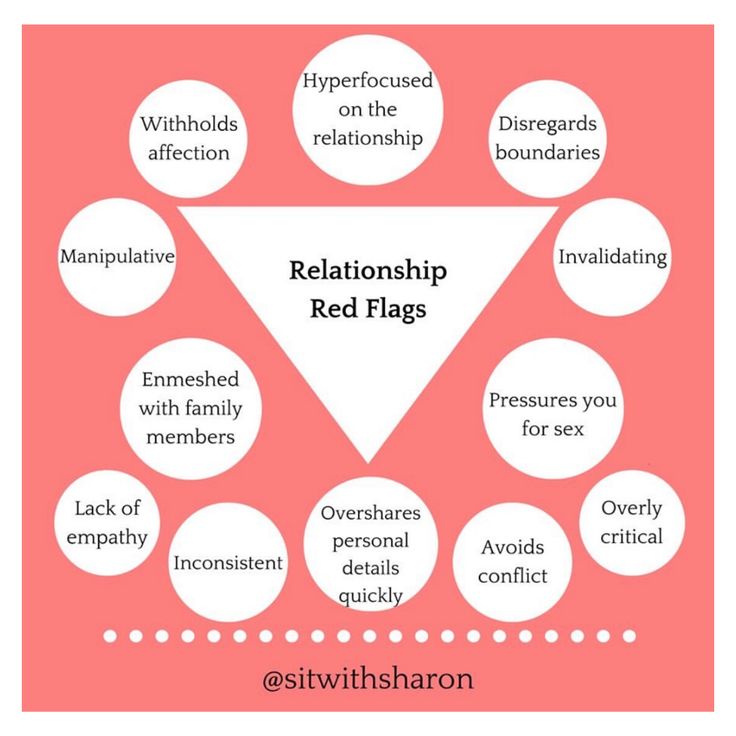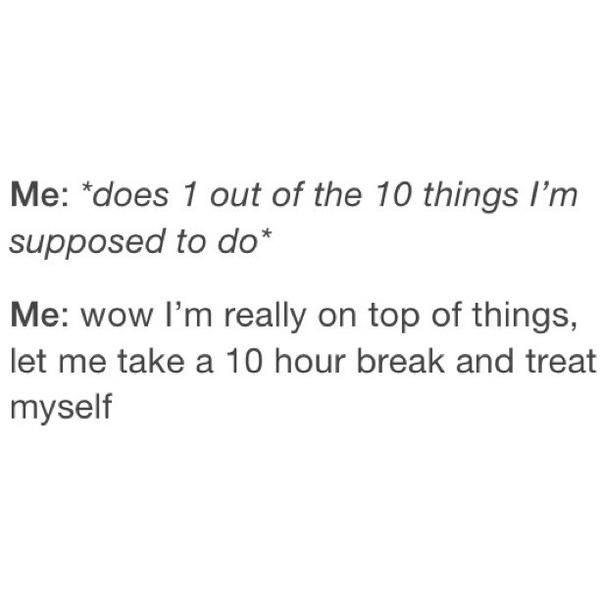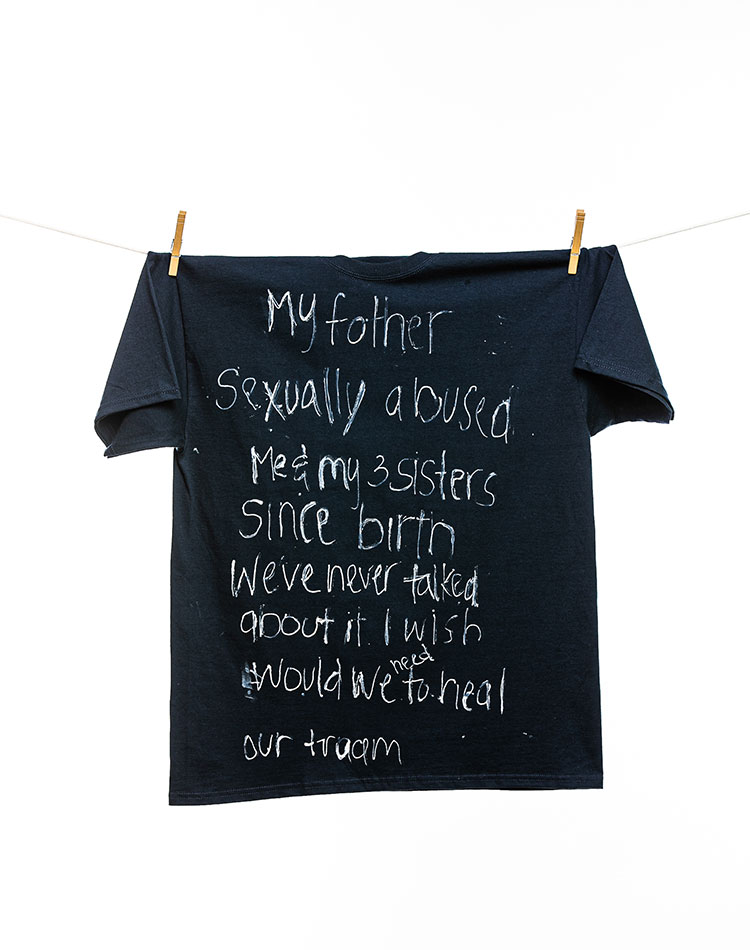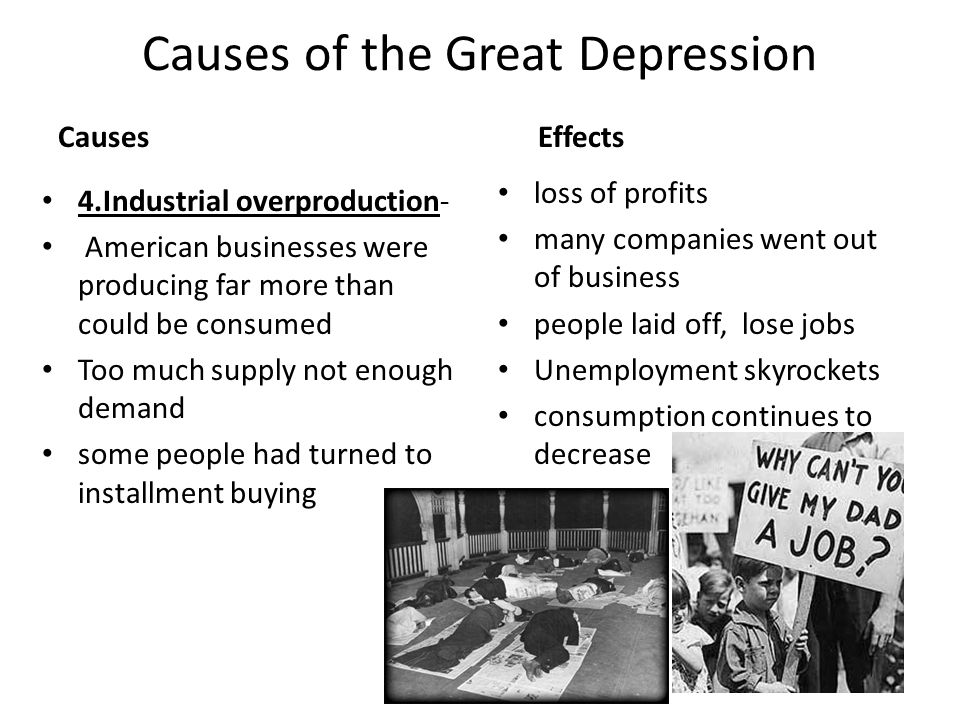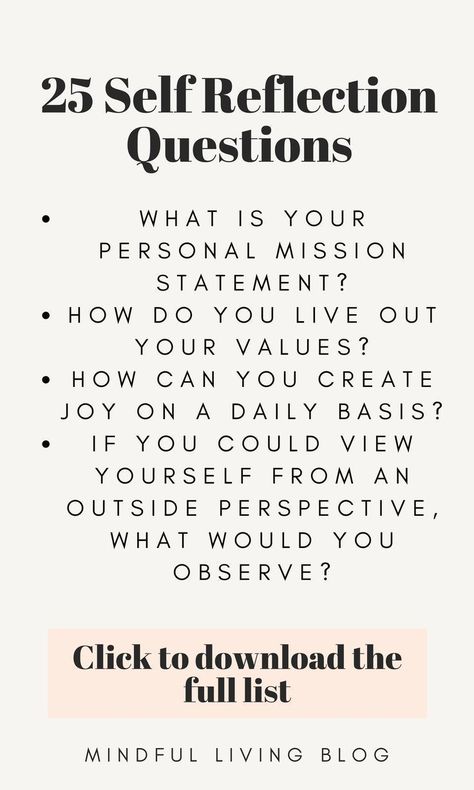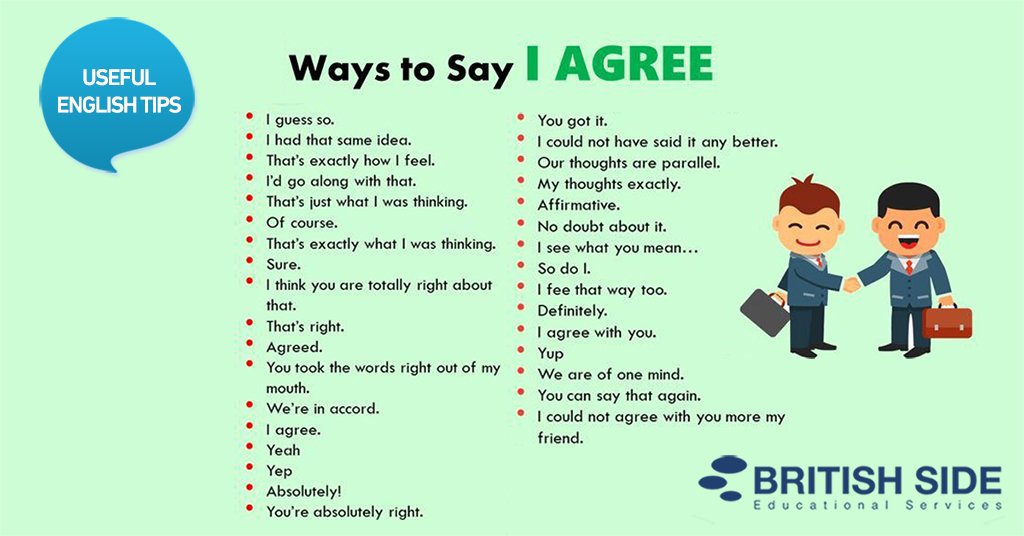The best anxiety supplements
The 10 Best Anxiety Supplements in 2022
Dietary supplements may help reduce anxiety symptoms, but it’s important to know the facts before using them.
Many of us have felt anxious on occasion. But for the millions of people globally living with an anxiety disorder, anxiety occurs more regularly.
From therapy to medication and yoga to meditation, there are many approaches to help reduce anxiety.
Another popular option is dietary supplements.
While there’s still more to be learned about supplements and their role in mental health, 2021 research suggests they may be an effective remedy for easing anxiety symptoms.
If you’re wondering how supplements may help you curb anxiety, we’ve got you covered. We’ve rounded up 10 of our top choices, including specific products we recommend.
Supplements for anxiety may work, but results can depend on various factors, including:
- how much you take
- other treatments you may be using
- other conditions you have or medications you use
Even though they’re not medications, supplements can be powerful. Science still has more to learn about what dosages are effective (and what may be dangerous), so it’s best to begin with the smallest dose possible.
If you’re already participating in therapy, taking anti-anxiety medications, or receiving other treatment, supplements shouldn’t be used as a replacement remedy.
In these cases, adding supplements as part of your treatment plan may help reduce symptoms further.
Supplements may also interact with certain medications, conditions, and even other supplements. People with psychiatric conditions and those who are pregnant or taking medications should talk with a doctor before adding any supplement to their diet, as there may be risks.
It’s important to talk with a healthcare professional for guidance if you have any questions or want to learn more.
If you want to jump directly to the sections for each supplement, you can click the links below.
- Best L-theanine supplement for anxiety: Doctor’s Best L-Theanine with Suntheanine
- Best ashwagandha supplement for anxiety: Organic India Ashwagandha
- Best magnesium supplement for anxiety: Pure Encapsulations Magnesium (Glycinate)
- Best curcumin supplement for anxiety: Pure Encapsulations Curcumin 500 with BioPerine
- Best saffron supplement for anxiety: NOW Saffron 50 mg Veg Capsules
- Best CBD product for anxiety: Charlotte’s Web 25 mg CBD Oil Liquid Capsules
- Best vitamin D supplement for anxiety: Amazon Elements Vitamin D3
- Best omega-3 supplement for anxiety: Nordic Naturals ProOmega 2000-D
- Best vitamin C supplement for anxiety: Quicksilver Scientific Liposomal Vitamin C
- Best chamomile supplement for anxiety: Swanson Chamomile
We considered several key points when choosing the products listed below, including:
- Brand reputation and standards.
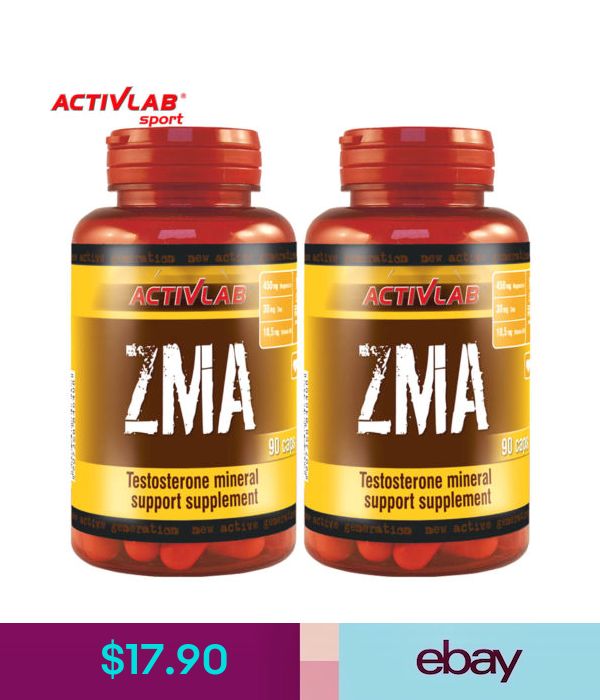 Recommended brands are well established and highly regarded.
Recommended brands are well established and highly regarded. - Quality ingredients. Recommended brands adhere to strict quality standards, often through third-party certification.
- Customer reviews. Recommended products are overall well-reviewed by customers.
- Research. The anxiety-relieving properties of the active ingredients recommended below are backed up by scientific research.
- Vetting. All products have been vetted to ensure they meet Psych Central’s medical, editorial, and business standards.
A note on price
Price ranges are represented by dollar signs ($ to $$$). One dollar sign indicates a lower-priced product, while three dollar signs indicate a higher price point.
It’s important to note that these are broad guidelines. Supplement prices are affected by how many tablets are in the bottle or bottle size and the potency levels of the ingredients.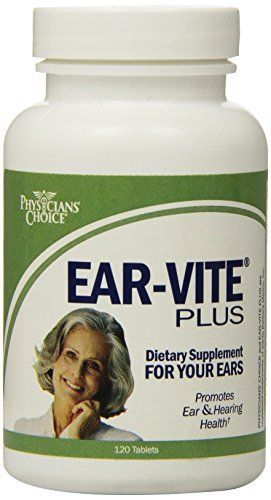 This makes it difficult to directly compare one price with another.
This makes it difficult to directly compare one price with another.
Pricing guide:
- $ = under $25
- $$ = $25–$50
- $$$ = over $50
L-theanine
Naturally found in green tea leaves, L-theanine is an amino acid that may help ease stress and anxiety. It may also aid in getting a good night’s sleep.
A 2019 review of 9 studies found that taking 200 to 400 milligrams (mg) of L-theanine supplements each day reduced stress and anxiety levels in people exposed to stressful situations.
A small 2019 study supports L-theanine’s effectiveness in soothing stress-related symptoms and its ability to help reduce sleep disturbances.
L-theanine is most commonly available in 200-mg capsules. As with any supplement, it’s best to start with the lowest dose possible when trying L-theanine. It’s vital to speak with a healthcare professional before taking more than 400 mg.
Doctor’s Best L-Theanine with Suntheanine
- Price: $
- Manufacturer-recommended dosage: 1 capsule (150 mg of L-theanine) daily without food
What we like
- It’s gluten-free, soy-free, and made without genetically modified organisms (GMOs).
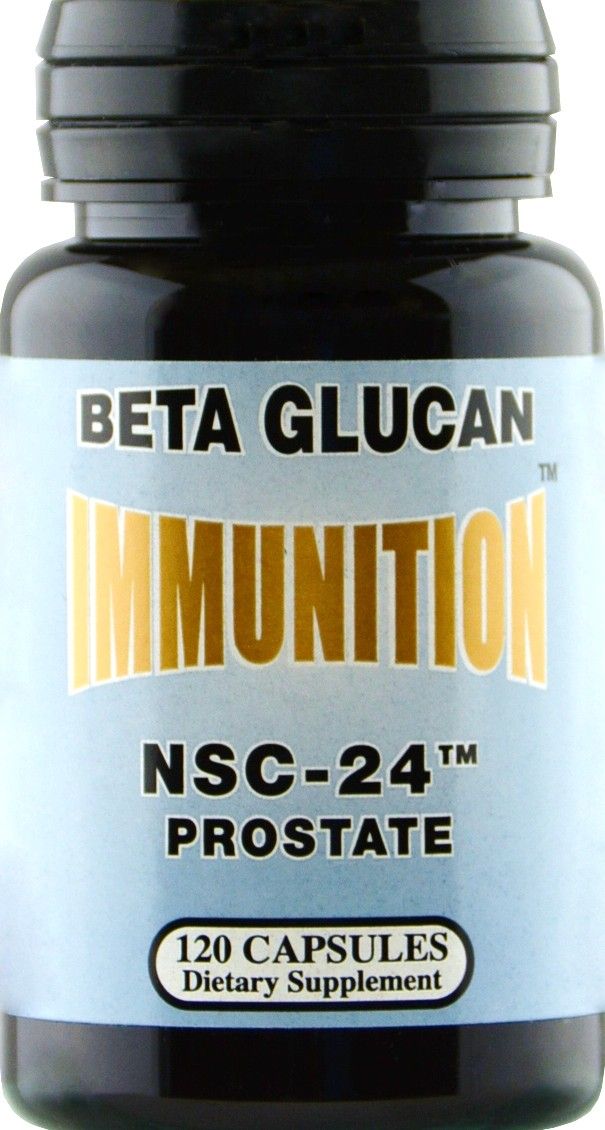
- It contains Suntheanine, a patented pure form of the L-theanine found in green tea leaves.
- While it may help promote better overall quality of sleep, this product doesn’t cause drowsiness, so it can be taken during the day.
What to look out for
- L-theanine may have a blood-pressure-lowering effect. While this may not be an issue for people who have high blood pressure, it may impact people who already have low blood pressure levels.
- As with other supplements, L-theanine may interact with medications or other supplements, so it’s important to speak with a healthcare professional before giving it a try.
Get on Amazon
Ashwagandha
Ashwagandha is an Ayurvedic herb used in India for many centuries. It’s gained widespread popularity in the United States as a supplement in recent years, particularly as a remedy for stress and anxiety.
While research into the benefits of ashwagandha is still fairly new, it does look promising.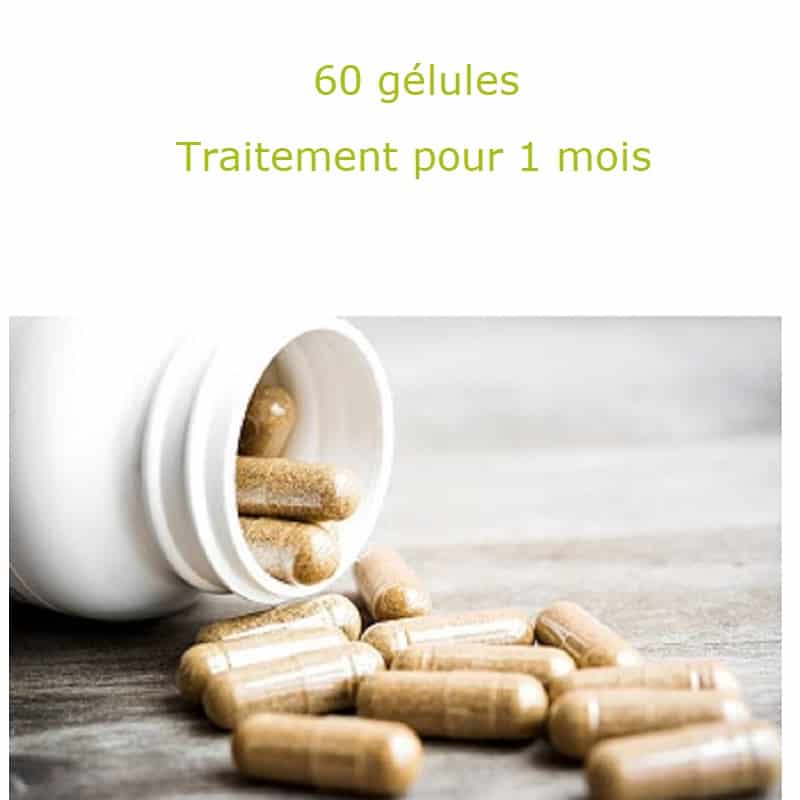 A small 2019 study found it safe and effective in reducing stress and anxiety.
A small 2019 study found it safe and effective in reducing stress and anxiety.
Because we’re still learning about the benefits of ashwagandha, there’s uncertainty over how much should be taken. It’s best to consult a healthcare professional for guidance on adding this supplement to your diet.
Organic India Ashwagandha
- Price: $
- Manufacturer-recommended dosage: 1–2 capsules (400–800 mg) with food and water, twice daily
What we like
- It’s organic and gluten-free.
- Organic India is the first food production facility to earn the LEED Platinum certification.
What to look out for
- Taking high doses may cause an upset stomach, diarrhea, nausea, or vomiting.
- Ashwagandha has been shown to have a sleep-inducing effect, so it may not be advisable to take it with medications that have a sedative effect.
- It’s best to speak with a healthcare professional before trying ashwagandha, especially if you’re taking any medications or other supplements or if you’re pregnant or breast- or chestfeeding.
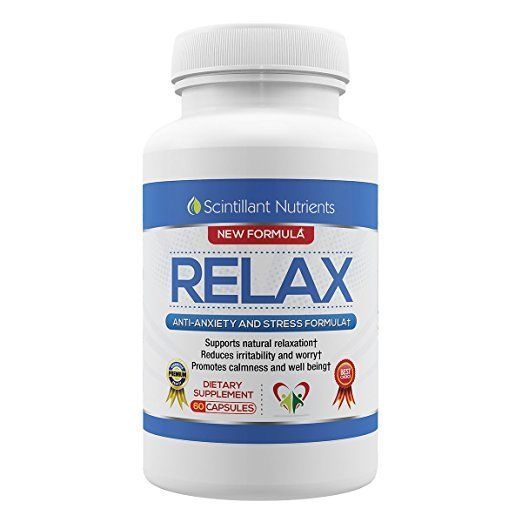
Get on Amazon
Magnesium
Magnesium is an important and essential mineral that plays a role in almost every function of your body, including muscle function, blood pressure, and how it responds to stress. It supports your metabolism to help your body best use carbohydrates, fats, and amino acids.
Magnesium is generally safe to take. A 2017 research review suggests that magnesium supplements can positively benefit people who have anxiety by helping relieve symptoms, but study authors note better quality studies are needed.
The dosage depends on several factors, including your age and sex. For adult men, 400 to 420 mg of total magnesium (from foods and supplements) a day is recommended, while 310 to 320 mg a day is recommended for adult women.
Pure Encapsulations Magnesium (Glycinate)
- Price: $$
- Manufacturer-recommended dosage: 1–4 capsules (120–480 mg) daily with food
What we like
- It’s highly absorbable and fast-acting.
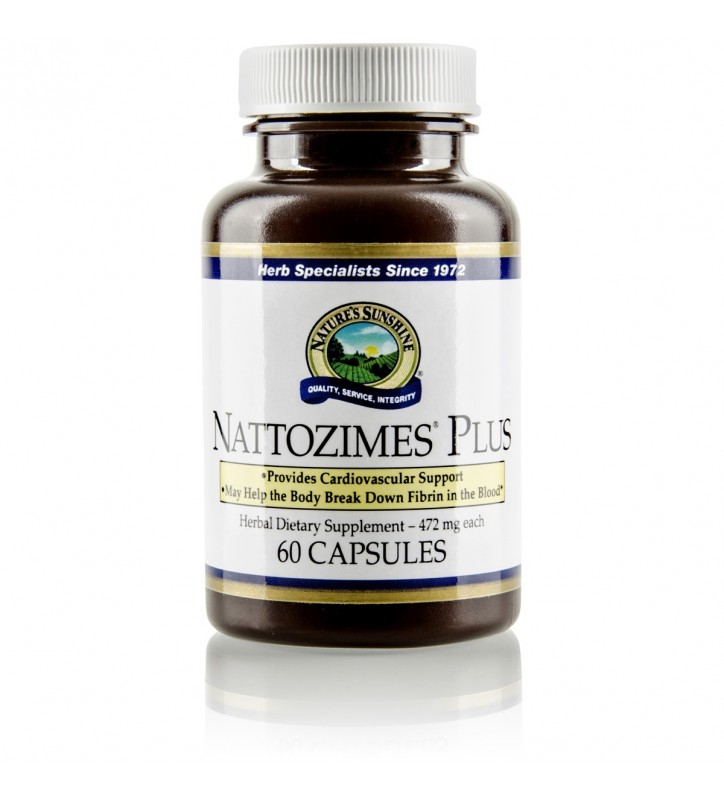
- It’s hypoallergenic, certified gluten-free, vegan, and non-GMO.
- Pure Encapsulations products are certified by U.S. Pharmacopeia (USP).
What to look out for
- Magnesium may interact with several medications, including antibiotics, diuretics, and medications for osteoporosis, acid reflux, or ulcers.
- It can also interact with other supplements, including zinc. Very high doses of zinc supplements can interfere with the body’s ability to absorb and regulate magnesium.
Get on Amazon
Curcumin
Found in turmeric, curcumin is a polyphenol compound with strong antioxidant and anti-inflammatory properties. A 2017 review suggests it may also be an effective remedy for depression and anxiety.
A 2017 review of six studies found curcumin to have great anti-anxiety effects and a positive impact on reducing depression symptoms. While this analysis was small, its results were significant.
A 2017 study involving 123 participants supports these findings, particularly for people living with major depressive disorder. Curcumin has also been found to reduce anxiety symptoms in people with diabetes.
Curcumin has also been found to reduce anxiety symptoms in people with diabetes.
Pure Encapsulations Curcumin 500 with Bioperine
- Price: $$$
- Manufacturer-recommended dosage: 1 capsule (500 mg of curcumin) 1–3 times daily between meals
What we like
- The product includes Bioperine, a patented black pepper extract that helps boost curcumin absorption.
- It’s hypoallergenic, certified gluten-free, vegan, and non-GMO.
What to look out for
- While generally considered safe, dosage recommendations are mixed. It’s best to speak with a doctor and carefully follow product-specific dosing instructions.
- Curcumin in high doses can cause headache, nausea, digestive issues, or skin rash.
Get on Amazon
Saffron
Saffron may be popular in the culinary world, but it’s also known for its medicinal properties. This brightly colored spice is packed with antioxidants.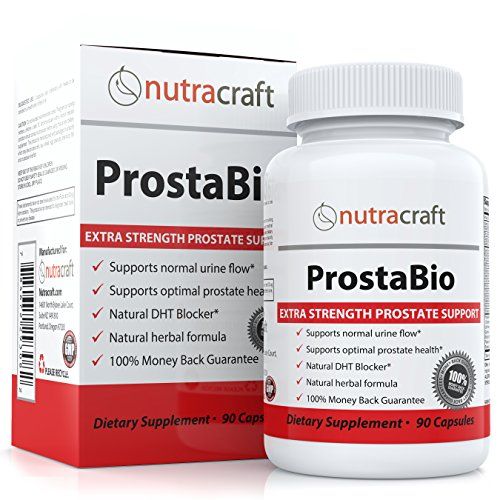 Saffron supplements may help elevate mood and help you relax.
Saffron supplements may help elevate mood and help you relax.
In a 2018 review of 100 studies ranging from 1996 to 2016, saffron was one of several herbs to mitigate anxiety.
Recent clinical trials have also shown saffron to be as effective as antidepressant medications in treating depression — but with fewer side effects.
NOW Saffron 50 mg Veg Capsules
- Price: $
- Manufacturer-recommended dosage: 1 capsule (50 mg) twice daily with food
What we like
- It’s gluten-free, soy-free, corn-free, egg-free, vegan, and non-GMO.
- The product uses whole saffron stigma powder rather than an extract.
What to look out for
- Research suggests that saffron supplements can cause uterine contraction in those who are pregnant. Consult your doctor before using if you’re pregnant or breast- or chestfeeding.
- Recommended for adults only.
- The supplement may interact with certain medications, so it’s best to talk with a doctor before using if you’re taking any medications.
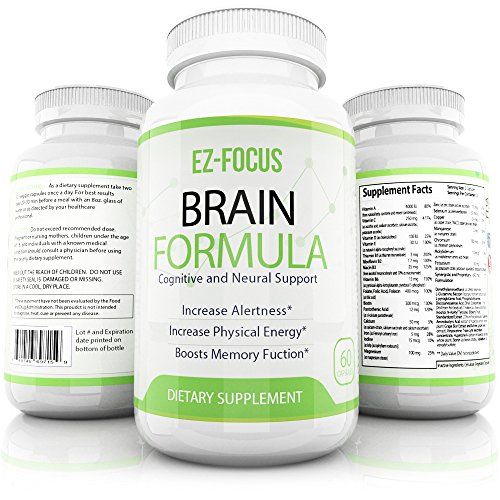
Get on Amazon
CBD
Psych Central has sole editorial control over this article. Potential uses for the products listed here are not health claims made by the manufacturers.
The information in this article is intended to be general in nature. It’s not intended to be a substitute for medical advice from a healthcare professional. Psych Central encourages you to make any treatment decisions with your healthcare professional.
There’s a lot of hype around cannabidiol (CBD), a popular natural remedy derived from the cannabis sativa plant. It has many reported uses, including soothing pain, treating acne, and easing anxiety.
A 2020 research review supports its use as a treatment for anxiety, including providing symptom relief for those with social anxiety disorder. A 2015 review also found that CBD can help provide calming relief to those with:
- generalized anxiety disorder
- panic disorder
- social anxiety disorder
- obsessive-compulsive disorder
- post-traumatic stress disorder
While CBD is generally considered safe, there’s still a lot we don’t know about it. More research is needed on its benefits, safety, and how it may interact with other medications.
More research is needed on its benefits, safety, and how it may interact with other medications.
Is CBD legal? The 2018 Farm Bill removed hemp from the legal definition of marijuana in the Controlled Substances Act. This made some hemp-derived CBD products with less than 0.3 percent THC federally legal. However, CBD products containing more than 0.3 percent THC still fall under the legal definition of marijuana, making them federally illegal but legal under some state laws. Be sure to check state laws, especially when traveling. Also, keep in mind that the FDA has not approved nonprescription CBD products, and some products may be inaccurately labeled.
Charlotte’s Web 25 mg CBD Oil Liquid Capsules
- Price: $$$
- Manufacturer-recommended dosage: 1 capsule (25 mg) up to two times a day
What we like
- Charlotte’s Web is a highly respected CBD brand that provides a certificate of analysis for its products.
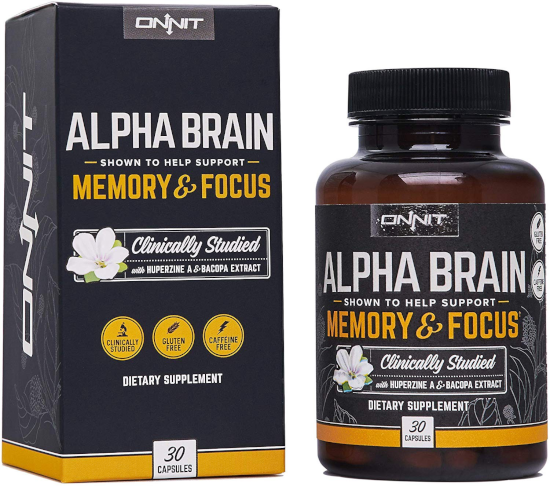
- The product only contains full-spectrum hemp extract and organic extra-virgin olive oil, with no other added ingredients.
- It’s gluten-free, vegan, kosher, and allergen-free.
What to look out for
- CBD products are not yet Food and Drug Administration (FDA) approved, so their effectiveness and safety are still in question.
- While CBD products that contain 0.3% THC or less are legal on a federal level, individual states may have their own legislation. It’s important to be mindful of state laws when using or traveling with CBD.
Get at Charlotte’s Web
Vitamin D
Vitamin D is an important nutrient that helps balance mood and keeps your brain healthy. The human body naturally makes vitamin D when it’s exposed to sunlight. We can also get it from certain foods or through supplements.
Research has connected low levels of vitamin D with depression, which suggests that a deficiency may also be tied to other mood disorders, including anxiety.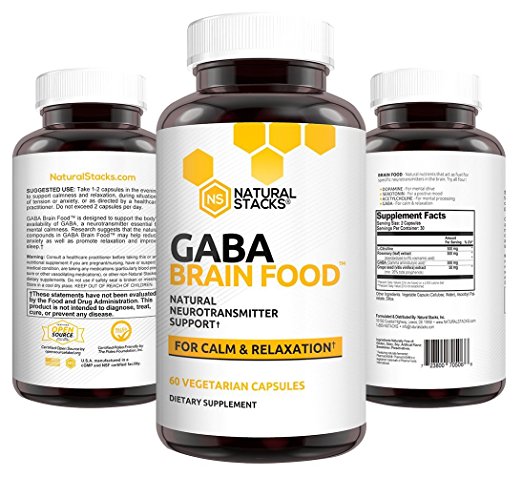 A 2019 study suggests that vitamin D effectively lessens the severity of anxiety disorder symptoms.
A 2019 study suggests that vitamin D effectively lessens the severity of anxiety disorder symptoms.
The dosage depends on your body’s levels of vitamin D. A doctor can test your vitamin D levels to help you determine what dose is right for you.
Amazon Elements Vitamin D3
- Price: $
- Manufacturer-recommended dosage: 1 softgel (125 mcg) daily
What we like
- It’s gluten-free, non-GMO, contains no artificial colors or flavors, and has no chemical preservatives.
- The product is designed to have a smaller carbon footprint.
What to look out for
- Dosage can be tricky unless you know your current vitamin D levels. Taking too much can lead to side effects, including pain, nausea, vomiting, muscle weakness, loss of appetite, dehydration, irregular heartbeat, or even death at extreme levels.
- Vitamin D can interact with certain prescription and over-the-counter medications, so it’s best to consult a healthcare professional before taking vitamin D to ensure it’s right for you.

- This is a higher dose supplement providing 5000 IU. People with optimal vitamin D levels may not need this much on a daily basis.
Get on Amazon
Omega-3s
Omega-3s are fats with powerful anti-inflammatory properties. Your body can’t make omega-3 fats on its own and must get them from food or supplements.
A 2018 review of 19 clinical trials found that omega-3 significantly reduced anxiety symptoms in people treated with omega-3 supplements, compared with the control group.
Omega-3 fats seem to be most effective in high doses, as the review notes that significant anti-anxiety effects were seen in studies using at least 2,000 mg of omega-3s each day.
Nordic Naturals ProOmega 2000-D
- Price: $$$
- Manufacturer-recommended dosage: 2 softgels (2,150 mg of total omega-3s) daily with food
What we like
- Nordic Naturals honors transparency and provides a certificate of analysis for its supplements.

- All Nordic Naturals omega-3 fish oil products are in the triglyceride molecular form that’s naturally found in fish, which aids absorption.
What to look out for
- Omega-3s may interact with certain medications, including anticoagulants. It’s important to consult your doctor before using if you’re taking any medications to avoid unwanted side effects.
- Taking too much can lead to side effects, including bad breath, nausea, heartburn, stomach pain, diarrhea, and headache.
Get on Amazon
Vitamin C
A powerful nutrient, vitamin C acts as an antioxidant in the body. Multiple studies have touted vitamin C’s effectiveness in treating symptoms of anxiety in people of all ages.
A 2015 study focused on high school students found that 500 mg of vitamin C each day for 2 weeks helped reduce anxiety levels. Plus, research from 2013 and 2017 suggests that vitamin C supplements provided anxiety relief in people with diabetes and women, respectively.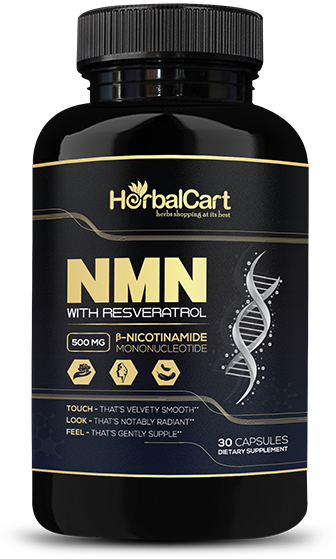
How much vitamin C you need depends on your age. You can generally get the recommended amounts through fruits.
Quicksilver Scientific Liposomal Vitamin C
- Price: $$
- Manufacturer-recommended dosage: 1 teaspoon (5 ml = 1,000 mg of vitamin C) daily, ideally on an empty stomach and at least 10 minutes before a meal
What we like
- This product is in liquid form, which aids in faster absorption and effectiveness — and makes it easier to swallow (especially for people who don’t like tablets or capsules).
- It contains liposomal vitamin C, a fast-acting form of vitamin C that research suggests is more bioavailable than non-liposomal vitamin C.
- It’s non-GMO and buffered to be easy on sensitive stomachs.
What to look out for
- Too much vitamin C can cause nausea, diarrhea, or stomach pain.
- Vitamin C may interact with certain cancer treatments, including chemotherapy and radiation therapy.

- It may interfere with certain prescription and over-the-counter medications, including those that regulate cholesterol. It’s important to talk with a doctor before taking a vitamin C supplement if you are using any medications.
Get on Amazon
Chamomile
Most commonly used for tea, chamomile is best known for its soothing, calming effect.
A 2014 study suggests that chamomile is calming and may also have anti-anxiety and antidepressant properties that may ease symptoms with long-term use.
Plus, a 2016 study found that chamomile may reduce symptoms of generalized anxiety disorder with regular use.
Still, more research is needed on chamomile’s effectiveness and dosing. Because it’s available in various forms — including capsules, oils, and tea — recommended dosages can vary greatly.
It’s best to read the directions on any product carefully and reach out to a healthcare professional with any questions.
Swanson Chamomile
- Price: $
- Manufacturer-recommended dosage: 2 capsules (700 mg) twice daily with water
What we like
- The product is approved by the Swanson Quality Code, which ensures quality, purity, and potency through company-internal experts and third-party labs.
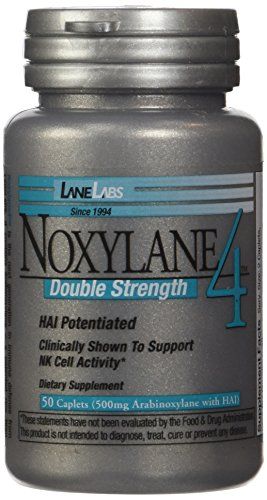
- All Swanson products come with a 100% money-back guarantee.
What to look out for
- Chamomile may interact with certain prescription medications, so it’s best to consult with a healthcare professional before using it if you’re taking any medications.
- Chamomile may affect those who are pregnant or breast- or chestfeeding.
- The product is for adults only.
Get on Amazon
A supplement may be all you need to manage anxiety symptoms in some cases. However, if your symptoms are becoming overwhelming or affecting your day-to-day activities or overall quality of life, it may be time to ask for help.
Seeking support from a medical or mental health professional can provide you with tailored treatment options. This can include talk therapy, medication, or other techniques or remedies.
If the products on this list aren’t what you’re looking for, many other options are available.
Here are some things to keep in mind when you’re searching for a high quality supplement:
- reputable brand
- brand transparency
- quality ingredients
- certifications (by third-party organizations)
- positive user reviews
Because the FDA doesn’t regulate dietary supplements to the same degree as medications, searching for high quality products is especially important.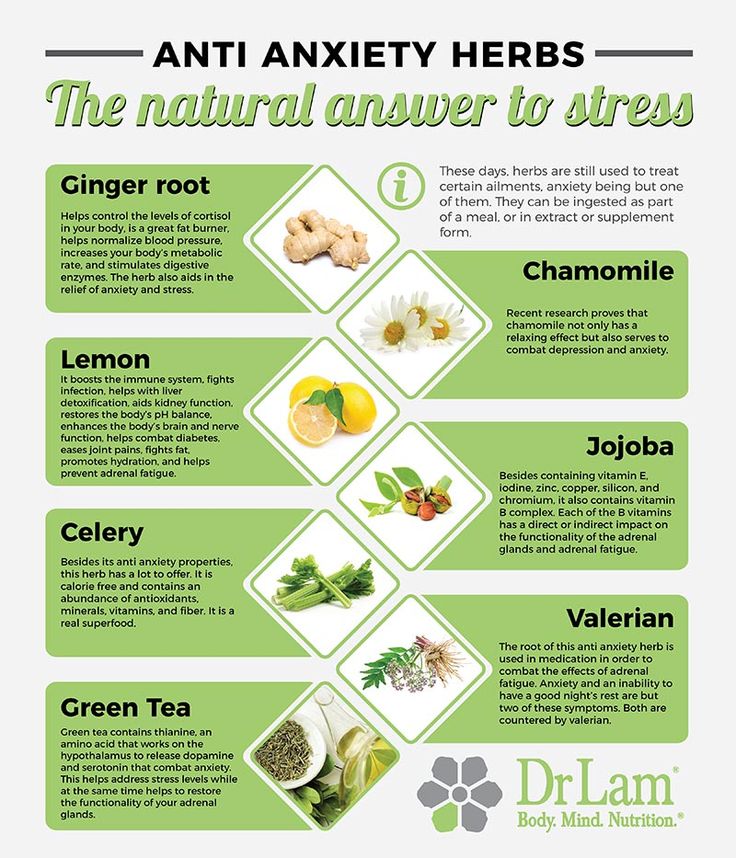
You can learn more about choosing a high quality supplement here.
How long does it take for anxiety supplements to have an effect?
How long it takes can vary. No set rule tells us when to expect them to start working.
Some supplements can begin working within 30 to 60 minutes of taking them. Others need to build up over time, taking multiple weeks of regular use to see results.
For example, research from 2017 showed that symptoms of anxiety and depression improved in 112 people with depression after taking 248 mg of magnesium daily for 6 weeks.
It may help to read the product label for dosage instructions and information on effectiveness. Consider speaking with a doctor if you have any questions.
Are anxiety supplements safe?
Supplements are generally considered safe, but specific factors can put you at a higher risk of unpleasant or dangerous side effects, including:
- pregnancy
- breast- or chestfeeding
- prescription medications
- chronic medical conditions
It’s important to talk with a healthcare professional before adding supplements to your diet, especially if any above applies to you.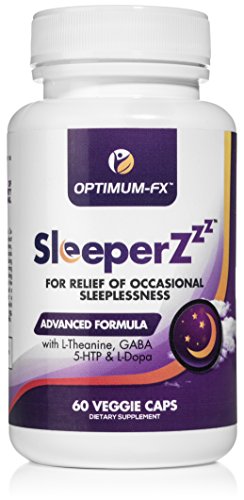
Supplements should also not be given to infants or small children without first consulting a doctor.
Will supplements cure my anxiety?
While supplements may help you manage some symptoms, they likely won’t cure your anxiety.
Because anxiety is often a result of an underlying cause — like past experiences or biological factors — it’s best to seek the support of a medical or mental health professional. They can help you address, understand, and learn to successfully manage your anxiety long term.
Can I take herbal supplements along with my prescription medication?
Some supplements can interact with prescription medications and interfere with their effectiveness.
If you’re taking a prescription medication, it’s important to talk with your doctor before starting any supplements to avoid potential risks.
Supplements are just one of the many options available when looking for ways to manage anxiety. They can be a natural alternative or used as part of a broader treatment plan.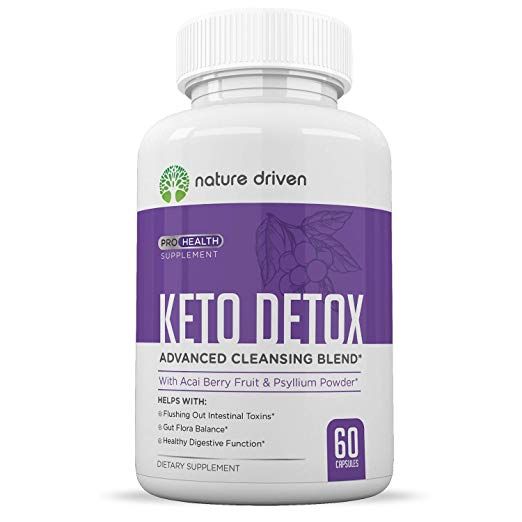
While more research is needed, current findings are promising. Studies have shown the effectiveness of supplements in easing anxiety. Popular supplements include magnesium, curcumin, CBD, and vitamin D.
Even though they’re generally considered safe, anxiety supplements are not for everyone. If you’re pregnant, taking medication, or living with a chronic illness, it’s important to consult your treatment team before adding supplements to your care routine to avoid any unwanted side effects.
The 10 Best Anxiety Supplements in 2022
Dietary supplements may help reduce anxiety symptoms, but it’s important to know the facts before using them.
Many of us have felt anxious on occasion. But for the millions of people globally living with an anxiety disorder, anxiety occurs more regularly.
From therapy to medication and yoga to meditation, there are many approaches to help reduce anxiety.
Another popular option is dietary supplements.
While there’s still more to be learned about supplements and their role in mental health, 2021 research suggests they may be an effective remedy for easing anxiety symptoms.
If you’re wondering how supplements may help you curb anxiety, we’ve got you covered. We’ve rounded up 10 of our top choices, including specific products we recommend.
Supplements for anxiety may work, but results can depend on various factors, including:
- how much you take
- other treatments you may be using
- other conditions you have or medications you use
Even though they’re not medications, supplements can be powerful. Science still has more to learn about what dosages are effective (and what may be dangerous), so it’s best to begin with the smallest dose possible.
If you’re already participating in therapy, taking anti-anxiety medications, or receiving other treatment, supplements shouldn’t be used as a replacement remedy.
In these cases, adding supplements as part of your treatment plan may help reduce symptoms further.
Supplements may also interact with certain medications, conditions, and even other supplements. People with psychiatric conditions and those who are pregnant or taking medications should talk with a doctor before adding any supplement to their diet, as there may be risks.
People with psychiatric conditions and those who are pregnant or taking medications should talk with a doctor before adding any supplement to their diet, as there may be risks.
It’s important to talk with a healthcare professional for guidance if you have any questions or want to learn more.
If you want to jump directly to the sections for each supplement, you can click the links below.
- Best L-theanine supplement for anxiety: Doctor’s Best L-Theanine with Suntheanine
- Best ashwagandha supplement for anxiety: Organic India Ashwagandha
- Best magnesium supplement for anxiety: Pure Encapsulations Magnesium (Glycinate)
- Best curcumin supplement for anxiety: Pure Encapsulations Curcumin 500 with BioPerine
- Best saffron supplement for anxiety: NOW Saffron 50 mg Veg Capsules
- Best CBD product for anxiety: Charlotte’s Web 25 mg CBD Oil Liquid Capsules
- Best vitamin D supplement for anxiety: Amazon Elements Vitamin D3
- Best omega-3 supplement for anxiety: Nordic Naturals ProOmega 2000-D
- Best vitamin C supplement for anxiety: Quicksilver Scientific Liposomal Vitamin C
- Best chamomile supplement for anxiety: Swanson Chamomile
We considered several key points when choosing the products listed below, including:
- Brand reputation and standards.
 Recommended brands are well established and highly regarded.
Recommended brands are well established and highly regarded. - Quality ingredients. Recommended brands adhere to strict quality standards, often through third-party certification.
- Customer reviews. Recommended products are overall well-reviewed by customers.
- Research. The anxiety-relieving properties of the active ingredients recommended below are backed up by scientific research.
- Vetting. All products have been vetted to ensure they meet Psych Central’s medical, editorial, and business standards.
A note on price
Price ranges are represented by dollar signs ($ to $$$). One dollar sign indicates a lower-priced product, while three dollar signs indicate a higher price point.
It’s important to note that these are broad guidelines. Supplement prices are affected by how many tablets are in the bottle or bottle size and the potency levels of the ingredients.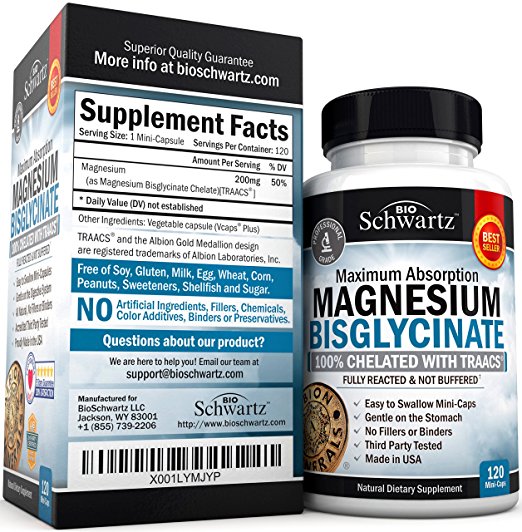 This makes it difficult to directly compare one price with another.
This makes it difficult to directly compare one price with another.
Pricing guide:
- $ = under $25
- $$ = $25–$50
- $$$ = over $50
L-theanine
Naturally found in green tea leaves, L-theanine is an amino acid that may help ease stress and anxiety. It may also aid in getting a good night’s sleep.
A 2019 review of 9 studies found that taking 200 to 400 milligrams (mg) of L-theanine supplements each day reduced stress and anxiety levels in people exposed to stressful situations.
A small 2019 study supports L-theanine’s effectiveness in soothing stress-related symptoms and its ability to help reduce sleep disturbances.
L-theanine is most commonly available in 200-mg capsules. As with any supplement, it’s best to start with the lowest dose possible when trying L-theanine. It’s vital to speak with a healthcare professional before taking more than 400 mg.
Doctor’s Best L-Theanine with Suntheanine
- Price: $
- Manufacturer-recommended dosage: 1 capsule (150 mg of L-theanine) daily without food
What we like
- It’s gluten-free, soy-free, and made without genetically modified organisms (GMOs).

- It contains Suntheanine, a patented pure form of the L-theanine found in green tea leaves.
- While it may help promote better overall quality of sleep, this product doesn’t cause drowsiness, so it can be taken during the day.
What to look out for
- L-theanine may have a blood-pressure-lowering effect. While this may not be an issue for people who have high blood pressure, it may impact people who already have low blood pressure levels.
- As with other supplements, L-theanine may interact with medications or other supplements, so it’s important to speak with a healthcare professional before giving it a try.
Get on Amazon
Ashwagandha
Ashwagandha is an Ayurvedic herb used in India for many centuries. It’s gained widespread popularity in the United States as a supplement in recent years, particularly as a remedy for stress and anxiety.
While research into the benefits of ashwagandha is still fairly new, it does look promising.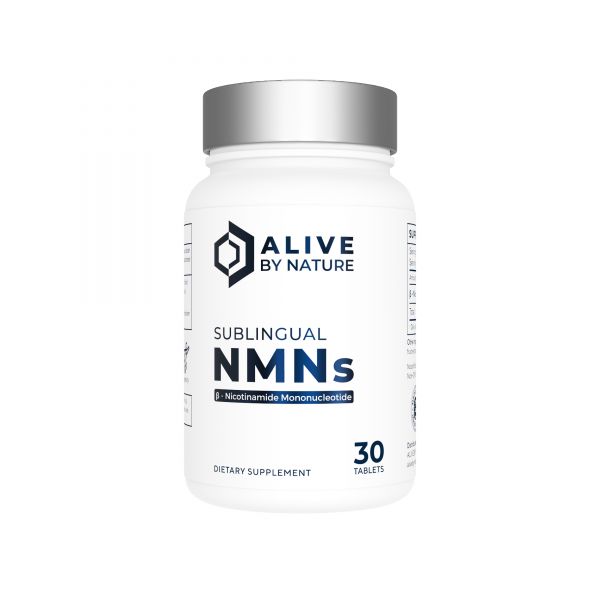 A small 2019 study found it safe and effective in reducing stress and anxiety.
A small 2019 study found it safe and effective in reducing stress and anxiety.
Because we’re still learning about the benefits of ashwagandha, there’s uncertainty over how much should be taken. It’s best to consult a healthcare professional for guidance on adding this supplement to your diet.
Organic India Ashwagandha
- Price: $
- Manufacturer-recommended dosage: 1–2 capsules (400–800 mg) with food and water, twice daily
What we like
- It’s organic and gluten-free.
- Organic India is the first food production facility to earn the LEED Platinum certification.
What to look out for
- Taking high doses may cause an upset stomach, diarrhea, nausea, or vomiting.
- Ashwagandha has been shown to have a sleep-inducing effect, so it may not be advisable to take it with medications that have a sedative effect.
- It’s best to speak with a healthcare professional before trying ashwagandha, especially if you’re taking any medications or other supplements or if you’re pregnant or breast- or chestfeeding.
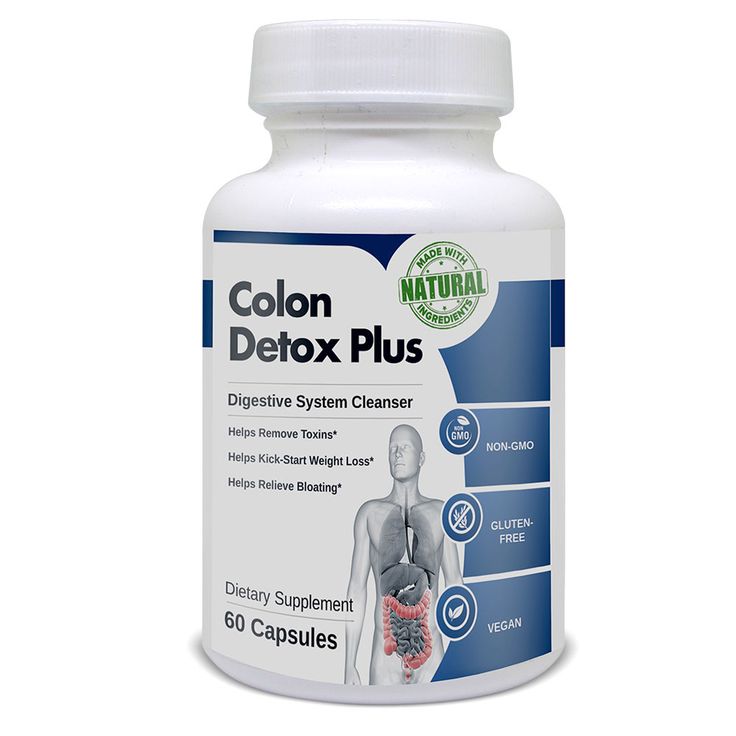
Get on Amazon
Magnesium
Magnesium is an important and essential mineral that plays a role in almost every function of your body, including muscle function, blood pressure, and how it responds to stress. It supports your metabolism to help your body best use carbohydrates, fats, and amino acids.
Magnesium is generally safe to take. A 2017 research review suggests that magnesium supplements can positively benefit people who have anxiety by helping relieve symptoms, but study authors note better quality studies are needed.
The dosage depends on several factors, including your age and sex. For adult men, 400 to 420 mg of total magnesium (from foods and supplements) a day is recommended, while 310 to 320 mg a day is recommended for adult women.
Pure Encapsulations Magnesium (Glycinate)
- Price: $$
- Manufacturer-recommended dosage: 1–4 capsules (120–480 mg) daily with food
What we like
- It’s highly absorbable and fast-acting.
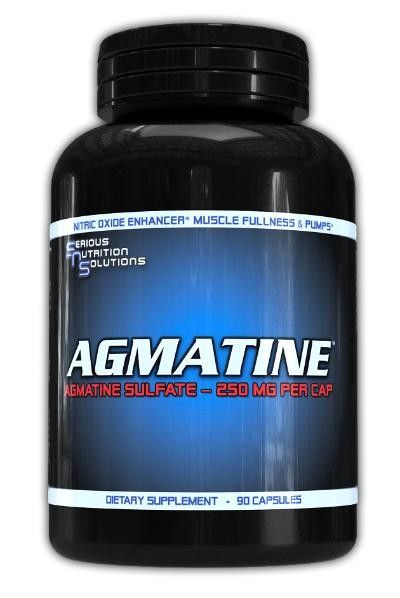
- It’s hypoallergenic, certified gluten-free, vegan, and non-GMO.
- Pure Encapsulations products are certified by U.S. Pharmacopeia (USP).
What to look out for
- Magnesium may interact with several medications, including antibiotics, diuretics, and medications for osteoporosis, acid reflux, or ulcers.
- It can also interact with other supplements, including zinc. Very high doses of zinc supplements can interfere with the body’s ability to absorb and regulate magnesium.
Get on Amazon
Curcumin
Found in turmeric, curcumin is a polyphenol compound with strong antioxidant and anti-inflammatory properties. A 2017 review suggests it may also be an effective remedy for depression and anxiety.
A 2017 review of six studies found curcumin to have great anti-anxiety effects and a positive impact on reducing depression symptoms. While this analysis was small, its results were significant.
A 2017 study involving 123 participants supports these findings, particularly for people living with major depressive disorder. Curcumin has also been found to reduce anxiety symptoms in people with diabetes.
Curcumin has also been found to reduce anxiety symptoms in people with diabetes.
Pure Encapsulations Curcumin 500 with Bioperine
- Price: $$$
- Manufacturer-recommended dosage: 1 capsule (500 mg of curcumin) 1–3 times daily between meals
What we like
- The product includes Bioperine, a patented black pepper extract that helps boost curcumin absorption.
- It’s hypoallergenic, certified gluten-free, vegan, and non-GMO.
What to look out for
- While generally considered safe, dosage recommendations are mixed. It’s best to speak with a doctor and carefully follow product-specific dosing instructions.
- Curcumin in high doses can cause headache, nausea, digestive issues, or skin rash.
Get on Amazon
Saffron
Saffron may be popular in the culinary world, but it’s also known for its medicinal properties. This brightly colored spice is packed with antioxidants.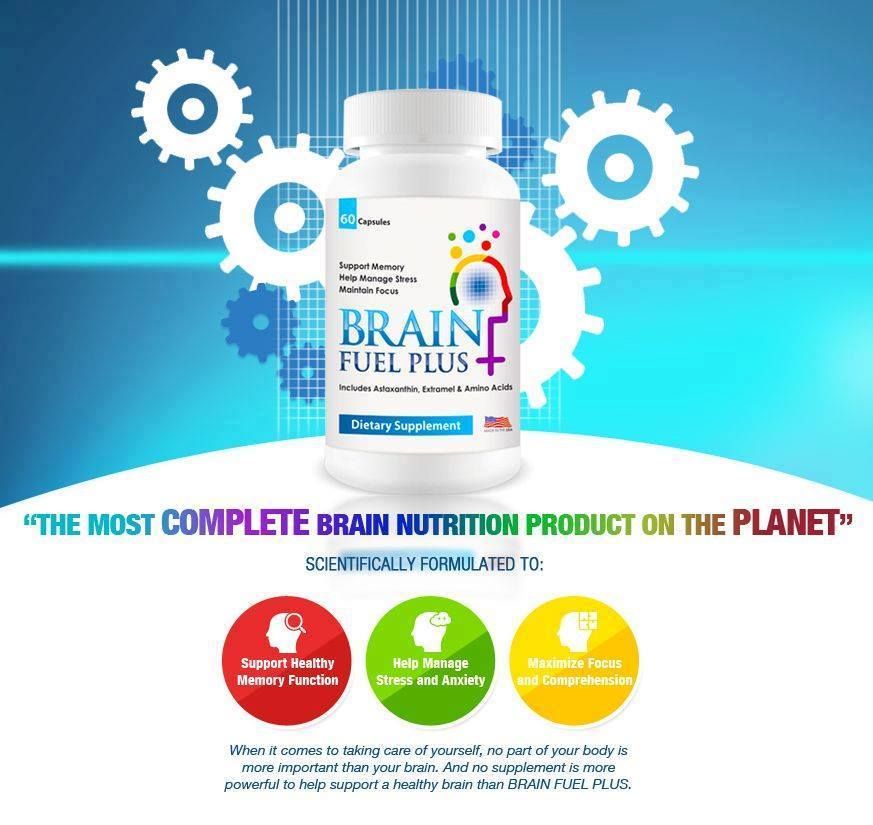 Saffron supplements may help elevate mood and help you relax.
Saffron supplements may help elevate mood and help you relax.
In a 2018 review of 100 studies ranging from 1996 to 2016, saffron was one of several herbs to mitigate anxiety.
Recent clinical trials have also shown saffron to be as effective as antidepressant medications in treating depression — but with fewer side effects.
NOW Saffron 50 mg Veg Capsules
- Price: $
- Manufacturer-recommended dosage: 1 capsule (50 mg) twice daily with food
What we like
- It’s gluten-free, soy-free, corn-free, egg-free, vegan, and non-GMO.
- The product uses whole saffron stigma powder rather than an extract.
What to look out for
- Research suggests that saffron supplements can cause uterine contraction in those who are pregnant. Consult your doctor before using if you’re pregnant or breast- or chestfeeding.
- Recommended for adults only.
- The supplement may interact with certain medications, so it’s best to talk with a doctor before using if you’re taking any medications.
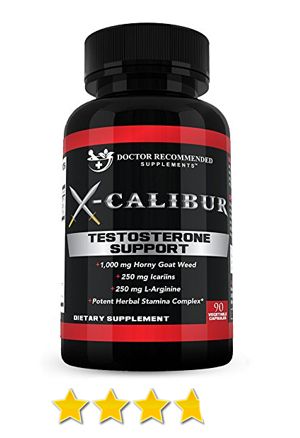
Get on Amazon
CBD
Psych Central has sole editorial control over this article. Potential uses for the products listed here are not health claims made by the manufacturers.
The information in this article is intended to be general in nature. It’s not intended to be a substitute for medical advice from a healthcare professional. Psych Central encourages you to make any treatment decisions with your healthcare professional.
There’s a lot of hype around cannabidiol (CBD), a popular natural remedy derived from the cannabis sativa plant. It has many reported uses, including soothing pain, treating acne, and easing anxiety.
A 2020 research review supports its use as a treatment for anxiety, including providing symptom relief for those with social anxiety disorder. A 2015 review also found that CBD can help provide calming relief to those with:
- generalized anxiety disorder
- panic disorder
- social anxiety disorder
- obsessive-compulsive disorder
- post-traumatic stress disorder
While CBD is generally considered safe, there’s still a lot we don’t know about it.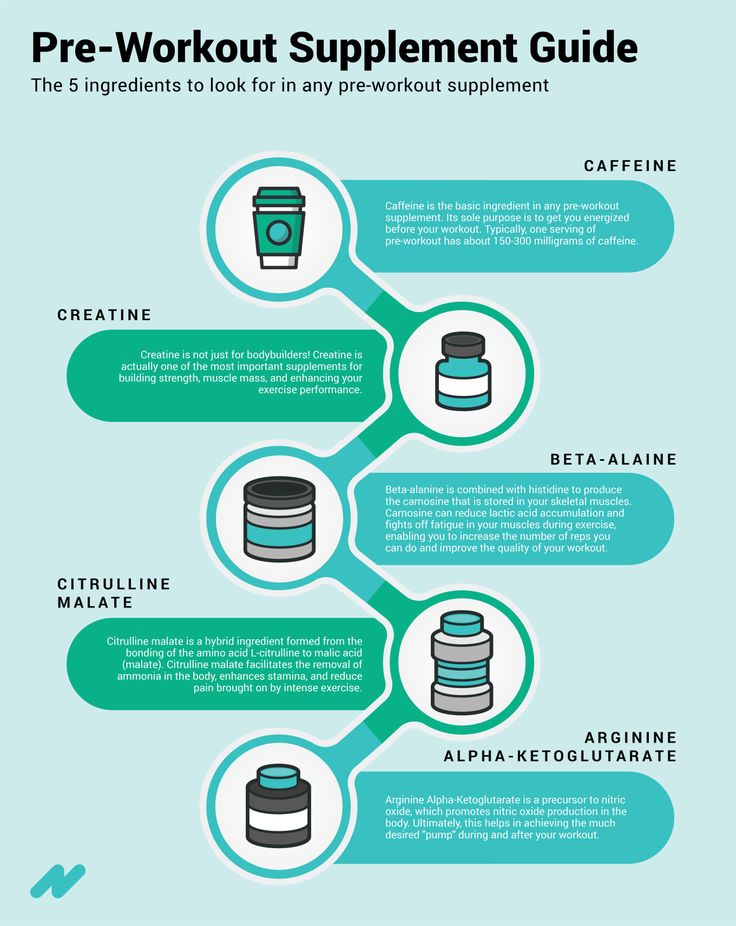 More research is needed on its benefits, safety, and how it may interact with other medications.
More research is needed on its benefits, safety, and how it may interact with other medications.
Is CBD legal? The 2018 Farm Bill removed hemp from the legal definition of marijuana in the Controlled Substances Act. This made some hemp-derived CBD products with less than 0.3 percent THC federally legal. However, CBD products containing more than 0.3 percent THC still fall under the legal definition of marijuana, making them federally illegal but legal under some state laws. Be sure to check state laws, especially when traveling. Also, keep in mind that the FDA has not approved nonprescription CBD products, and some products may be inaccurately labeled.
Charlotte’s Web 25 mg CBD Oil Liquid Capsules
- Price: $$$
- Manufacturer-recommended dosage: 1 capsule (25 mg) up to two times a day
What we like
- Charlotte’s Web is a highly respected CBD brand that provides a certificate of analysis for its products.

- The product only contains full-spectrum hemp extract and organic extra-virgin olive oil, with no other added ingredients.
- It’s gluten-free, vegan, kosher, and allergen-free.
What to look out for
- CBD products are not yet Food and Drug Administration (FDA) approved, so their effectiveness and safety are still in question.
- While CBD products that contain 0.3% THC or less are legal on a federal level, individual states may have their own legislation. It’s important to be mindful of state laws when using or traveling with CBD.
Get at Charlotte’s Web
Vitamin D
Vitamin D is an important nutrient that helps balance mood and keeps your brain healthy. The human body naturally makes vitamin D when it’s exposed to sunlight. We can also get it from certain foods or through supplements.
Research has connected low levels of vitamin D with depression, which suggests that a deficiency may also be tied to other mood disorders, including anxiety. A 2019 study suggests that vitamin D effectively lessens the severity of anxiety disorder symptoms.
A 2019 study suggests that vitamin D effectively lessens the severity of anxiety disorder symptoms.
The dosage depends on your body’s levels of vitamin D. A doctor can test your vitamin D levels to help you determine what dose is right for you.
Amazon Elements Vitamin D3
- Price: $
- Manufacturer-recommended dosage: 1 softgel (125 mcg) daily
What we like
- It’s gluten-free, non-GMO, contains no artificial colors or flavors, and has no chemical preservatives.
- The product is designed to have a smaller carbon footprint.
What to look out for
- Dosage can be tricky unless you know your current vitamin D levels. Taking too much can lead to side effects, including pain, nausea, vomiting, muscle weakness, loss of appetite, dehydration, irregular heartbeat, or even death at extreme levels.
- Vitamin D can interact with certain prescription and over-the-counter medications, so it’s best to consult a healthcare professional before taking vitamin D to ensure it’s right for you.
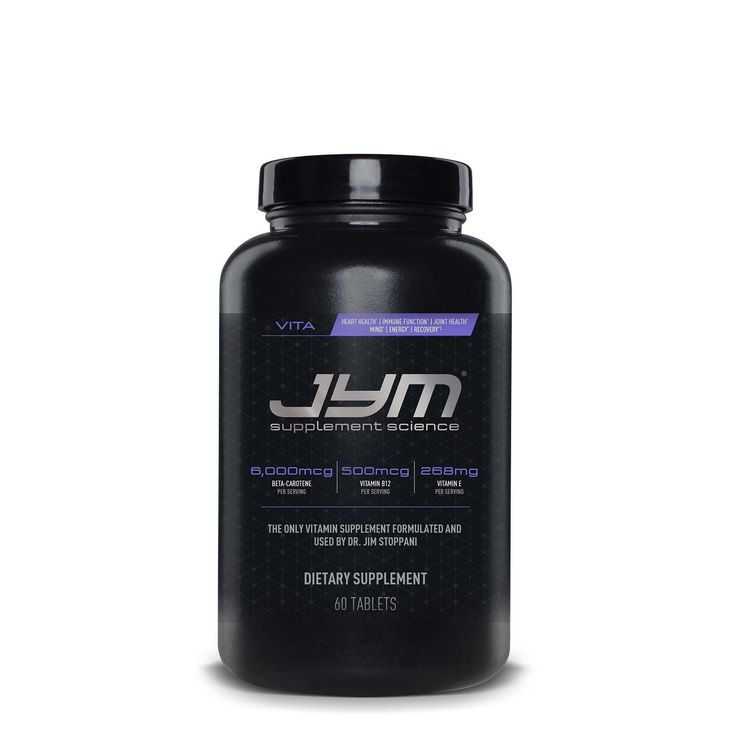
- This is a higher dose supplement providing 5000 IU. People with optimal vitamin D levels may not need this much on a daily basis.
Get on Amazon
Omega-3s
Omega-3s are fats with powerful anti-inflammatory properties. Your body can’t make omega-3 fats on its own and must get them from food or supplements.
A 2018 review of 19 clinical trials found that omega-3 significantly reduced anxiety symptoms in people treated with omega-3 supplements, compared with the control group.
Omega-3 fats seem to be most effective in high doses, as the review notes that significant anti-anxiety effects were seen in studies using at least 2,000 mg of omega-3s each day.
Nordic Naturals ProOmega 2000-D
- Price: $$$
- Manufacturer-recommended dosage: 2 softgels (2,150 mg of total omega-3s) daily with food
What we like
- Nordic Naturals honors transparency and provides a certificate of analysis for its supplements.
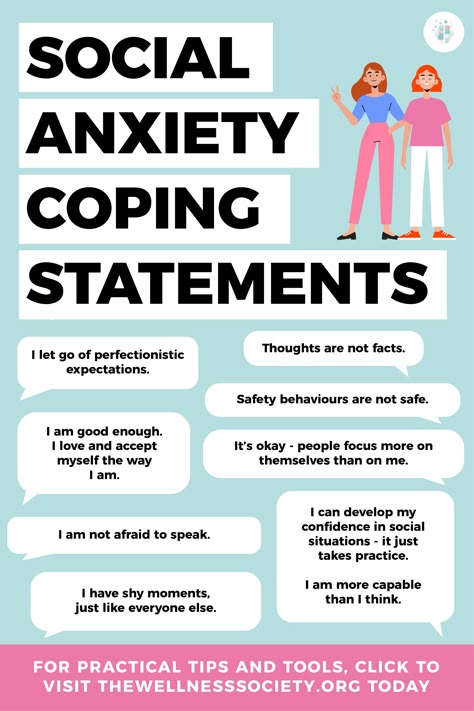
- All Nordic Naturals omega-3 fish oil products are in the triglyceride molecular form that’s naturally found in fish, which aids absorption.
What to look out for
- Omega-3s may interact with certain medications, including anticoagulants. It’s important to consult your doctor before using if you’re taking any medications to avoid unwanted side effects.
- Taking too much can lead to side effects, including bad breath, nausea, heartburn, stomach pain, diarrhea, and headache.
Get on Amazon
Vitamin C
A powerful nutrient, vitamin C acts as an antioxidant in the body. Multiple studies have touted vitamin C’s effectiveness in treating symptoms of anxiety in people of all ages.
A 2015 study focused on high school students found that 500 mg of vitamin C each day for 2 weeks helped reduce anxiety levels. Plus, research from 2013 and 2017 suggests that vitamin C supplements provided anxiety relief in people with diabetes and women, respectively.
How much vitamin C you need depends on your age. You can generally get the recommended amounts through fruits.
Quicksilver Scientific Liposomal Vitamin C
- Price: $$
- Manufacturer-recommended dosage: 1 teaspoon (5 ml = 1,000 mg of vitamin C) daily, ideally on an empty stomach and at least 10 minutes before a meal
What we like
- This product is in liquid form, which aids in faster absorption and effectiveness — and makes it easier to swallow (especially for people who don’t like tablets or capsules).
- It contains liposomal vitamin C, a fast-acting form of vitamin C that research suggests is more bioavailable than non-liposomal vitamin C.
- It’s non-GMO and buffered to be easy on sensitive stomachs.
What to look out for
- Too much vitamin C can cause nausea, diarrhea, or stomach pain.
- Vitamin C may interact with certain cancer treatments, including chemotherapy and radiation therapy.

- It may interfere with certain prescription and over-the-counter medications, including those that regulate cholesterol. It’s important to talk with a doctor before taking a vitamin C supplement if you are using any medications.
Get on Amazon
Chamomile
Most commonly used for tea, chamomile is best known for its soothing, calming effect.
A 2014 study suggests that chamomile is calming and may also have anti-anxiety and antidepressant properties that may ease symptoms with long-term use.
Plus, a 2016 study found that chamomile may reduce symptoms of generalized anxiety disorder with regular use.
Still, more research is needed on chamomile’s effectiveness and dosing. Because it’s available in various forms — including capsules, oils, and tea — recommended dosages can vary greatly.
It’s best to read the directions on any product carefully and reach out to a healthcare professional with any questions.
Swanson Chamomile
- Price: $
- Manufacturer-recommended dosage: 2 capsules (700 mg) twice daily with water
What we like
- The product is approved by the Swanson Quality Code, which ensures quality, purity, and potency through company-internal experts and third-party labs.

- All Swanson products come with a 100% money-back guarantee.
What to look out for
- Chamomile may interact with certain prescription medications, so it’s best to consult with a healthcare professional before using it if you’re taking any medications.
- Chamomile may affect those who are pregnant or breast- or chestfeeding.
- The product is for adults only.
Get on Amazon
A supplement may be all you need to manage anxiety symptoms in some cases. However, if your symptoms are becoming overwhelming or affecting your day-to-day activities or overall quality of life, it may be time to ask for help.
Seeking support from a medical or mental health professional can provide you with tailored treatment options. This can include talk therapy, medication, or other techniques or remedies.
If the products on this list aren’t what you’re looking for, many other options are available.
Here are some things to keep in mind when you’re searching for a high quality supplement:
- reputable brand
- brand transparency
- quality ingredients
- certifications (by third-party organizations)
- positive user reviews
Because the FDA doesn’t regulate dietary supplements to the same degree as medications, searching for high quality products is especially important.
You can learn more about choosing a high quality supplement here.
How long does it take for anxiety supplements to have an effect?
How long it takes can vary. No set rule tells us when to expect them to start working.
Some supplements can begin working within 30 to 60 minutes of taking them. Others need to build up over time, taking multiple weeks of regular use to see results.
For example, research from 2017 showed that symptoms of anxiety and depression improved in 112 people with depression after taking 248 mg of magnesium daily for 6 weeks.
It may help to read the product label for dosage instructions and information on effectiveness. Consider speaking with a doctor if you have any questions.
Are anxiety supplements safe?
Supplements are generally considered safe, but specific factors can put you at a higher risk of unpleasant or dangerous side effects, including:
- pregnancy
- breast- or chestfeeding
- prescription medications
- chronic medical conditions
It’s important to talk with a healthcare professional before adding supplements to your diet, especially if any above applies to you.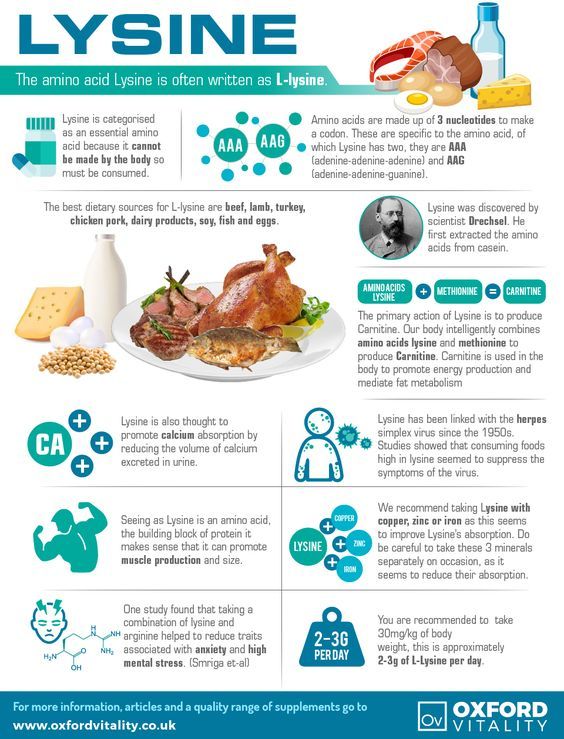
Supplements should also not be given to infants or small children without first consulting a doctor.
Will supplements cure my anxiety?
While supplements may help you manage some symptoms, they likely won’t cure your anxiety.
Because anxiety is often a result of an underlying cause — like past experiences or biological factors — it’s best to seek the support of a medical or mental health professional. They can help you address, understand, and learn to successfully manage your anxiety long term.
Can I take herbal supplements along with my prescription medication?
Some supplements can interact with prescription medications and interfere with their effectiveness.
If you’re taking a prescription medication, it’s important to talk with your doctor before starting any supplements to avoid potential risks.
Supplements are just one of the many options available when looking for ways to manage anxiety. They can be a natural alternative or used as part of a broader treatment plan.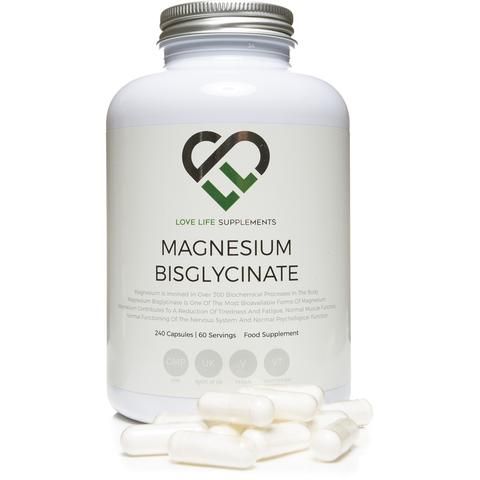
While more research is needed, current findings are promising. Studies have shown the effectiveness of supplements in easing anxiety. Popular supplements include magnesium, curcumin, CBD, and vitamin D.
Even though they’re generally considered safe, anxiety supplements are not for everyone. If you’re pregnant, taking medication, or living with a chronic illness, it’s important to consult your treatment team before adding supplements to your care routine to avoid any unwanted side effects.
Natural remedies for anxiety. Which Supplements to Take When You're Stressed
Dietary supplements are not an alternative to medications and do not replace prescription medications. However, their use at the same time as drugs can significantly improve a person's health.
While all of the nutritional supplements listed in this article have beneficial effects on the human body, it is important to understand how they will affect the body's systems, taking into account the individual characteristics of the individual, including:
recent operation;
age;
pregnancy;
individual susceptibility;
the presence of diseases.
Exceeding the recommended amounts when using some supplements can be very dangerous for the human body. Therefore, it is recommended that you consult with your doctor and discuss possible side effects before you start taking dietary supplements.
It is worth noting that, unlike drugs, the quality of nutritional supplements is not controlled by any authority. In this regard, it is recommended to buy products of well-known and trusted brands. nine0003
Consider the main foods and supplements that can improve health and reduce anxiety and anxiety.
Anxiety and Anxiety Vitamins and Supplements
If you follow a healthy diet that includes a balanced diet, the use of nutritional supplements is optional. However, if there is a lack of any vitamin in the diet, it is recommended to use specialized supplements to meet the needs of the body. nine0003
While nutritional supplements cannot replace regular foods, they can provide the body with the missing nutrients.
To identify a lack of vitamins and minerals in the body, you need to consult a doctor who can also recommend certain supplements and set their dosage, taking into account the individual characteristics of the person.
Vitamin A
In some cases, an increase in anxiety is caused by a lack of vitamin A. Due to the fact that this trace element has antioxidant properties, it can reduce anxiety. nine0003
To eliminate the symptoms of anxiety, experts recommend taking 10,000 IU of this vitamin per day at one time.
B-group vitamins
B-group vitamins are substances necessary for the normal functioning of the body. Their deficiency can lead to disruption of the nervous system. That is why the additional inclusion in the diet of vitamin complexes containing these trace elements allows you to get rid of depression and anxiety.
Experts recommend supplementing with 300 to 500 mg of B vitamins per capsule or tablet. In this case, the intake of such supplements should be carried out no more than once a day.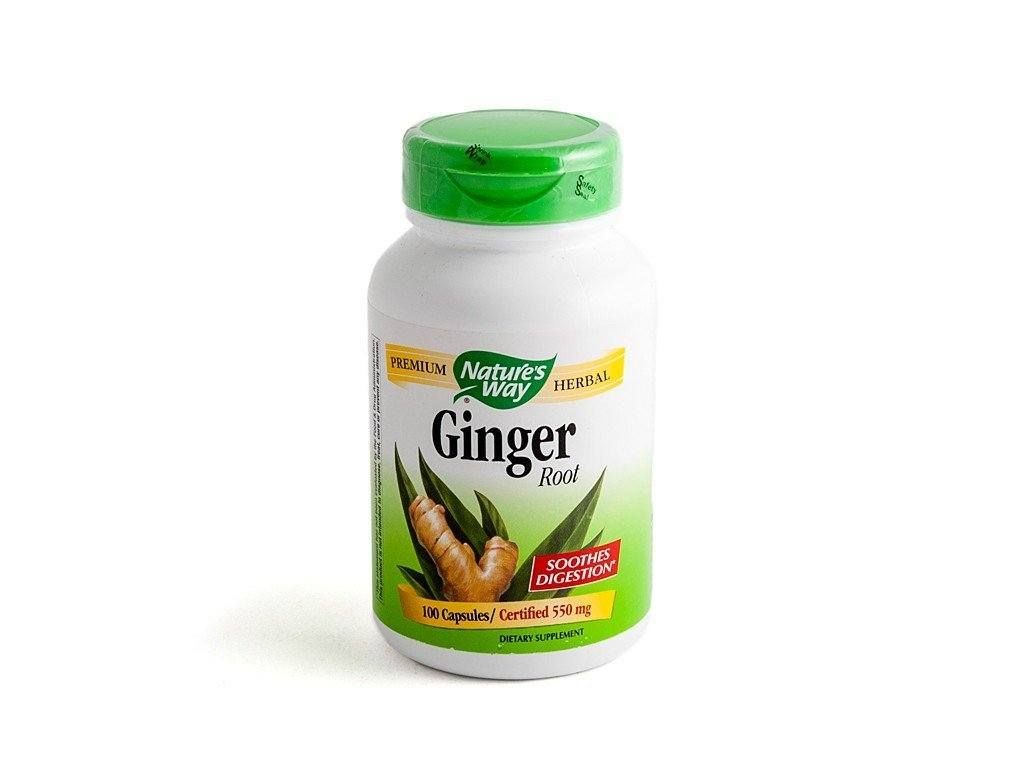
Vitamin C
Vitamin C, which has antioxidant properties, can prevent oxidative processes that lead to disruption of the nervous system. These destructive processes can cause anxiety.
This effect can be prevented by taking 500 to 1000 mg of vitamin C per day. The corresponding amount of substance can be divided into two doses. nine0003
Vitamin D
Vitamin D is necessary for the human body to improve the absorption of a number of trace elements necessary to maintain the functioning of most body systems. That is why the lack of this vitamin can be the cause of the lack of other trace elements in the body, which can lead to increased levels of anxiety.
The recommended daily intake of vitamin D is 1 to 2 thousand IU. Specialists allow the division of the above volume into several stages. nine0003
Vitamin E
With increased levels of stress or anxiety, the human body begins to use vitamin E in large quantities. In this regard, the use of this element at the same time as eating can eliminate the symptoms of anxiety and stress. For this, it is enough to consume approximately 400 IU of vitamin E once a day.
For this, it is enough to consume approximately 400 IU of vitamin E once a day.
Fish oil
Fish oil is rich in omega-3 fatty acids with antioxidant properties. Researchers have found that these acids are able to reduce anxiety levels. nine0003
The recommended intake of omega-3 fatty acids, which include DHA, EPA and ALA, is about 2 grams per day. It is allowed to divide the above dosage into several doses.
Gamma-aminobutyric acid
Gamma-aminobutyric acid is one of the most important neurotransmitters in the human brain. The lack of this substance can not only cause anxiety, but also increase it. Studies have shown that adding this acid to the diet can eliminate the symptoms of anxiety by restoring balance. nine0003
The daily intake of this substance should be between 500 and 750 mg. At the same time, this volume can be used both in one and in several doses.
L-theanine
An amino acid found in green tea called L-theanine has a calming effect.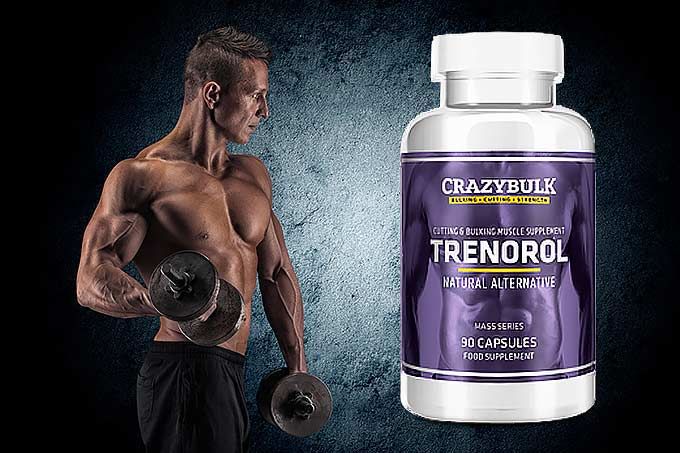 So, in the framework of one of the studies, it was found that this substance can not only eliminate the symptoms of anxiety, but also reduce pain.
So, in the framework of one of the studies, it was found that this substance can not only eliminate the symptoms of anxiety, but also reduce pain.
The amount of L-theanine recommended for consumption is 200 mg. nine0003
Magnesium
The mineral magnesium is one of the most important trace elements in the human body. Despite the fact that the volume of this trace element in the human body is relatively small, its deficiency can lead to serious consequences, one of which is an increased sense of anxiety.
Eliminate this effect will allow the use of 100 to 500 mg of this substance per day.
5-hydroxytryptophan
5-hydroxytryptophan is one of the neurotransmitters used by the human brain. This substance is a precursor of serotonin, also known as the "happiness hormone". The use of 5-hydroxytryptophan, according to the results of experiments conducted in 2012, can eliminate the symptoms of anxiety. However, it is only effective when taken in combination with other drugs used in some psychiatric treatments.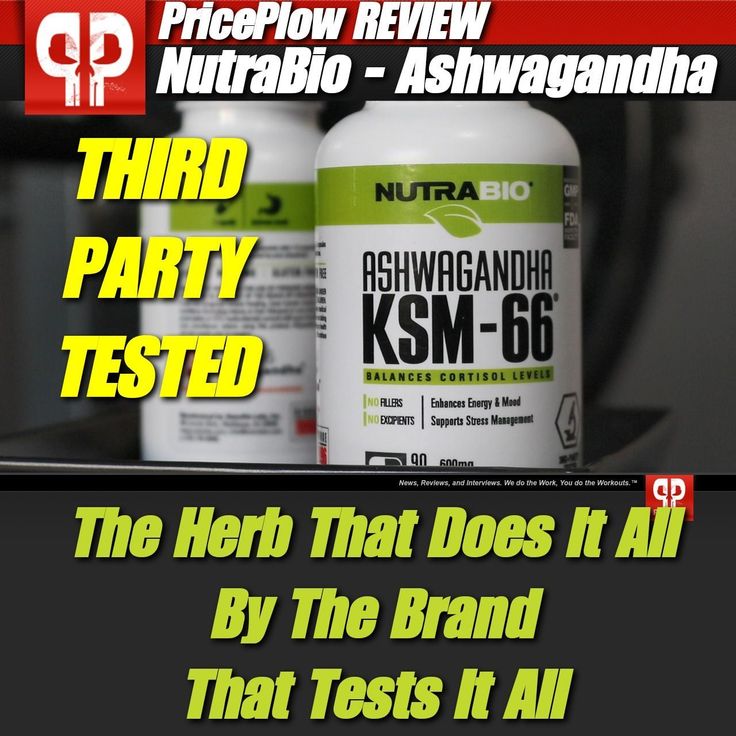 nine0003
nine0003
Experts recommend taking 50 to 200 mg of this substance per day to relieve anxiety and anxiety symptoms.
Anxiety Relieving Herbs
Some herbs contain phytochemicals that can completely eliminate anxiety and anxiety symptoms. To achieve this effect, such herbs are used in the form of extracts, teas and tinctures.
Ashwagandha
Ashwagandha, which is one of the medicinal herbs used in traditional medicine, can have a calming effect on the human body, like powerful drugs. nine0003
Experts recommend that approximately 900 mg of this herb be included in the diet to relieve feelings of anxiety and anxiety. It is also allowed to take capsules of the same name up to two times a day, provided that 450 mg of a medicinal plant is contained in one capsule.
Bacopa
Bacopa belongs to the Plantain family. This medicinal plant helps to protect neurons from damage, as well as lower the level of cortisol in the blood, which is considered the main cause of stress. Due to this, bacopa is considered one of the best herbs for reducing anxiety and anxiety. nine0003
Due to this, bacopa is considered one of the best herbs for reducing anxiety and anxiety. nine0003
The daily intake of the extract should be approximately 500 mg. If necessary, this volume can be divided into two doses.
Chamomile
Chamomile has been used in folk medicine for decades as a remedy for anxiety. In this case, this plant can be used both in the form of tea and in the form of an extract contained in capsules.
Anxiety can be reduced by consuming 350 to 500 mg of chamomile per day. In this case, the reception of this volume can be divided into two times. nine0003
Intoxicating pepper
Intoxicating pepper, also known as the plant called kava kava, is one of the most effective sedatives. In the process of conducting research, it was found that this plant enhances the effectiveness of gamma-aminobutyric acid contained in the human body. Thus, the extract of this plant enhances the body's ability to withstand stress and anxiety.
The daily intake of intoxicating pepper extract should be approximately 250 mg.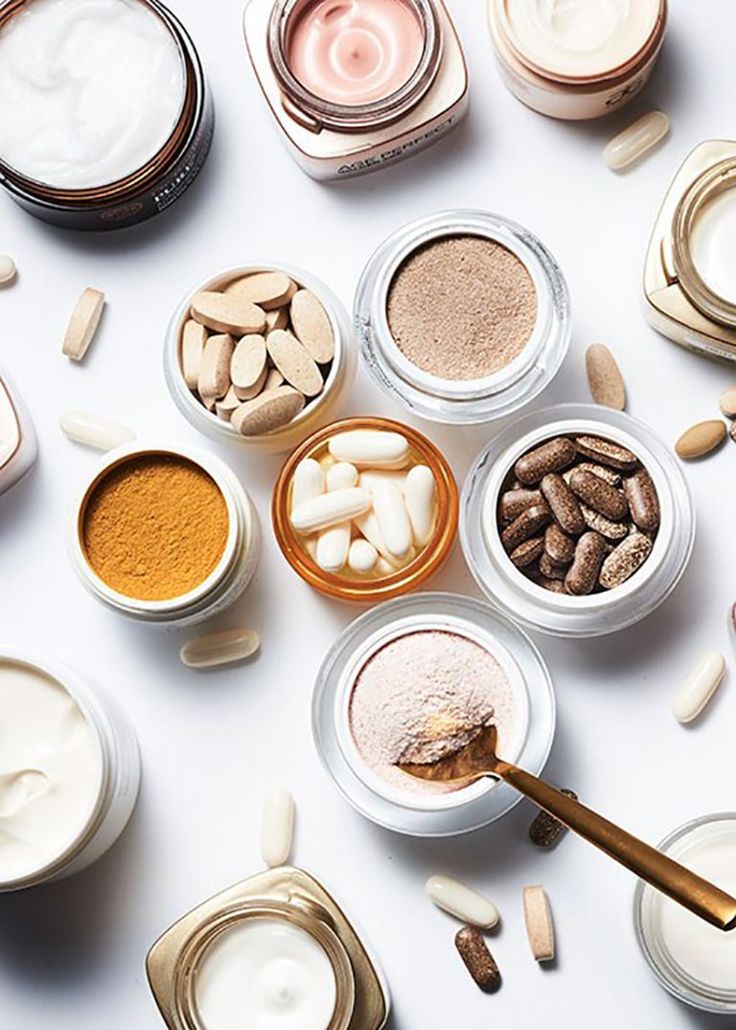 It is important to note that the duration of consumption of the kava plant should not exceed four weeks. nine0003
It is important to note that the duration of consumption of the kava plant should not exceed four weeks. nine0003
Lavender
Lavender has long been used as an effective treatment for anxiety and stress symptoms. This plant is able to have a sedative effect on the central nervous system, which can reduce anxiety and prevent the development of depression.
Experts recommend using lavender in combination with other anxiety-reducing herbs. However, the independent use of this plant is also allowed. In the latter case, its dosage should not exceed 400 mg per day. nine0003
Melissa
Another plant with sedative properties is lemon balm, which is also considered a relative of lavender. To eliminate feelings of anxiety and anxiety, experts recommend using an extract of this plant in a volume of up to 500 mg per day.
Passiflora
A plant called passionflower is used in folk medicine to reduce stress and anxiety. According to a study conducted in 2017, the effectiveness of this plant is comparable to powerful drugs for eliminating anxiety.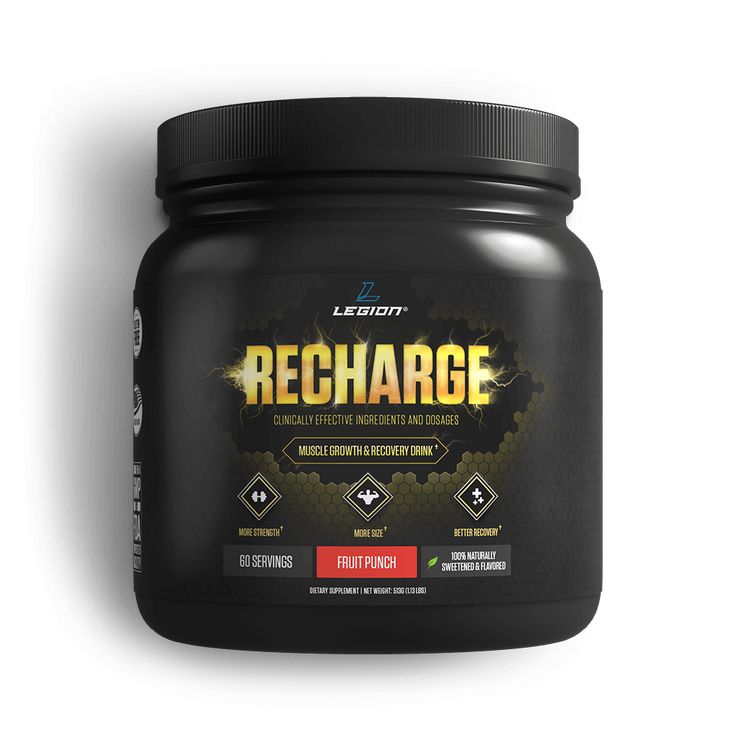 nine0003
nine0003
Anxiety, anxiety and stress symptoms can be relieved with approximately 500 mg of this herb extract, which is usually sold in capsule form.
Rhodiola
A plant native to the Alpine regions called Rhodiola has been recognized as one of the best folk remedies for reducing anxiety. This plant has been used in folk medicine for over 100 years.
Doctors recommend taking two capsules of rhodiola extract daily to relieve symptoms of anxiety. In this case, the total volume of the substance in them should be approximately 500 mg. nine0003
St. John's wort
One of the folk remedies for depression and anxiety is a herb called St. John's wort. According to research, this plant is more effective in reducing the level of anxiety associated with depression.
The recommended intake is 300 mg per day. It is important to note that taking this medicinal herb is unacceptable when using contraceptives.
Valerian
While valerian is one of the most effective sleep aids, its extract can also be used to reduce anxiety.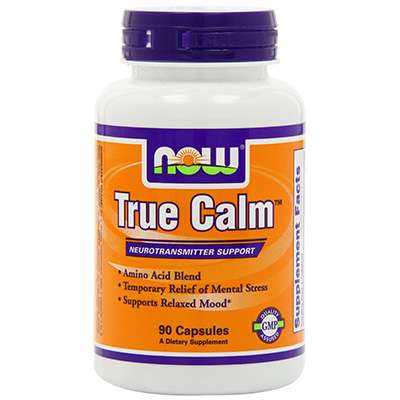
The daily intake should not exceed 500 mg per day.
Effective Anxiety Relief Blends
Specialty anxiety supplements can contain not only vitamins or herbs but also blends of several ingredients. This is due to the fact that some herbs and trace elements, with a complex effect, can achieve a better effect than a single component. Consider the most popular connections. nine0003
Ashwagandha and Bacopa
The combination of Ashwagandha and Bacopa is often found in Indian folk and traditional medicine. This is due to the fact that the combined effect of these herbs is several times greater than the effect of each of them individually.
Bacopa and fish oil
Bacopa is recommended to be used in combination with food to increase its effectiveness. This is due to the fact that this plant belongs to fat-soluble substances, which indicates its maximum effectiveness when combined with fats. That is why bacopa is considered the most effective for reducing stress when combined with fish oil, which protects neurons from destruction. nine0003
nine0003
Lavender and chamomile
Chamomile and lavender are among the most effective herbal sedatives. According to research results, the use of a combination of these two plants can achieve an effect comparable to potent sedatives.
Passiflora and St. John's wort
Many researchers are unsure of the effectiveness of St. John's wort as a means to reduce anxiety. However, they claim that this herb is able to enhance the action of other plants. In this regard, the combination of St. John's wort and passionflower is considered an effective remedy for the symptoms of anxiety. nine0003
Melissa and valerian
Melissa, like valerian, is one of the most powerful herbal sedatives. Because of this, the combination of both of these herbs allows you to achieve maximum effectiveness in eliminating the symptoms of anxiety.
Conclusion
While all of the above supplements are recommended for anxiety relief, it is recommended that you consult your doctor before adding them to your diet.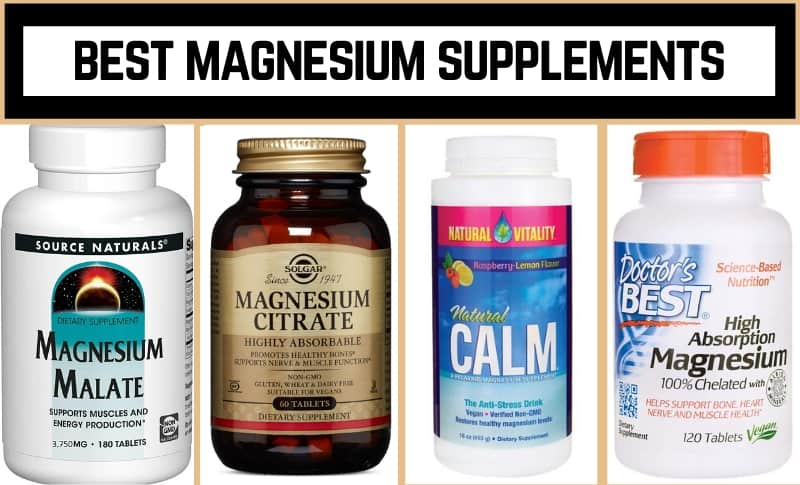 This is due to the fact that some of them, depending on the individual characteristics of the body, can cause side effects. nine0003
This is due to the fact that some of them, depending on the individual characteristics of the body, can cause side effects. nine0003
The doctor is then able to choose the most appropriate supplement and amount of supplementation, or suggest an alternative way to treat anxiety symptoms by including herbs in the diet.
Dietary supplements to reduce anxiety levels are not recommended for the following categories of people:
elderly - over 65 years of age;
women during pregnancy;
children.
If a new supplement is included in the diet, it is necessary to monitor the state of health and, in case of negative changes, seek medical help. nine0003
Research links
1. Apaydin EA, et al. (2016). A systematic review of St. John's wort for major depressive disorder. DOI:
10.1186/2Fs13643-016-0325-2
2. Benson S, et al. (2013). An acute, double-blind, placebo-controlled cross-over study of 320 mg and 640 mg doses of Bacopa monnieri (CDRI 08) on multitasking stress reactivity and mood.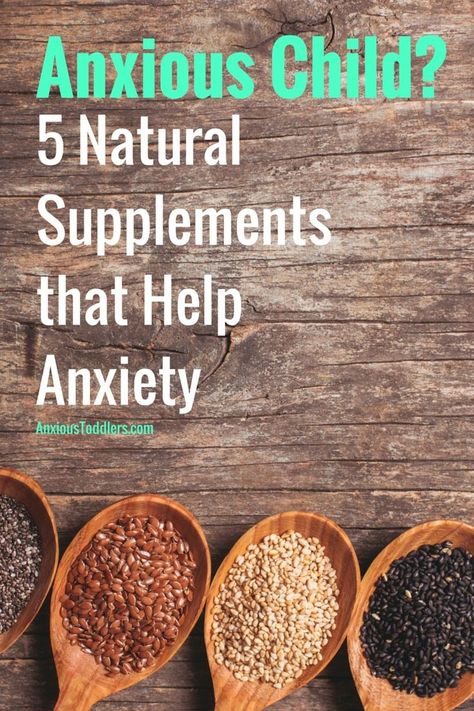 DOI:
DOI:
10.1002/ptr.5029
3. Boonstra E, et al. (2015). Neurotransmitters as food supplements: the effects of GABA on brain and behavior. DOI:
10.3389/fpsyg.2015.01520
7 BEST VITAMINS AND SUPPLEMENTS TO FIGHT STRESS
While everyone has certain life stressors associated with work pressure, money, health and relationships, that, in and of itself quite naturally, as a rule, they are the most common causes of nervous breakdowns and disorders.
Stress can be acute or chronic and cause fatigue, headaches, indigestion, nervousness, irritability or anger, feeling overwhelmed, lost and empty. Regular exercise, adequate sleep and good nutrition are some of the best ways to better prepare your body to deal with stress, but don't forget some vitamins and supplements that will definitely help you in this important endeavor. nine0003
Here are the top 7 vitamins and supplements to help you fight stress.
1. Rhodiola rosea
Rhodiola (Rhodiola rosea) is an herb that grows in the cold mountain regions of Russia and Asia. It has long been known as an adaptogen, a natural, non-toxic herb that stimulates the body's stress response system to increase stress tolerance. Rhodiola's adaptogenic properties are due to the herb's two powerful active ingredients, rosavin and salidroside. An 8-week study in 100 people with symptoms of chronic fatigue, such as poor sleep quality and impaired short-term memory and concentration, found that taking 400mg of Rhodiola extract daily improved symptoms after just 1 week. In another study in 118 people with stress burnout, taking 400 mg of Rhodiola extract daily for 12 weeks improved associated symptoms, including anxiety, exhaustion, and irritability. Symptoms continued to decrease throughout the study. nine0003
It has long been known as an adaptogen, a natural, non-toxic herb that stimulates the body's stress response system to increase stress tolerance. Rhodiola's adaptogenic properties are due to the herb's two powerful active ingredients, rosavin and salidroside. An 8-week study in 100 people with symptoms of chronic fatigue, such as poor sleep quality and impaired short-term memory and concentration, found that taking 400mg of Rhodiola extract daily improved symptoms after just 1 week. In another study in 118 people with stress burnout, taking 400 mg of Rhodiola extract daily for 12 weeks improved associated symptoms, including anxiety, exhaustion, and irritability. Symptoms continued to decrease throughout the study. nine0003
To recap:
Rhodiola is an adaptogenic herb that has been shown to relieve symptoms associated with chronic fatigue and stress-related burnout. Rhodiola is well tolerated and has a high safety profile.
2. Melatonin
Getting enough quality sleep is important for stress relief. Stress is closely linked to insomnia, a sleep disorder characterized by difficulty falling asleep or waking up, or both. However, achieving adequate sleep quality can be challenging if you are under stress, which in turn can make it even more difficult. Melatonin is a natural hormone that regulates your body's circadian rhythm or sleep-wake cycle. Hormone levels rise in the evening when it is dark to improve sleep and decrease in the morning when it is light to promote wakefulness. In Review 19In a study in 1,683 people with primary sleep disorders — those not caused by another medical condition — melatonin reduced the time it took people to fall asleep, increased total sleep time, and improved overall sleep quality compared to placebo. Another review of 7 studies involving 205 people examined the effectiveness of melatonin for the treatment of secondary sleep disorders caused by another condition, such as stress or depression. The review found that melatonin reduced the time it took people to fall asleep and increased total sleep time, but had no significant effect on sleep quality compared to placebo.
Stress is closely linked to insomnia, a sleep disorder characterized by difficulty falling asleep or waking up, or both. However, achieving adequate sleep quality can be challenging if you are under stress, which in turn can make it even more difficult. Melatonin is a natural hormone that regulates your body's circadian rhythm or sleep-wake cycle. Hormone levels rise in the evening when it is dark to improve sleep and decrease in the morning when it is light to promote wakefulness. In Review 19In a study in 1,683 people with primary sleep disorders — those not caused by another medical condition — melatonin reduced the time it took people to fall asleep, increased total sleep time, and improved overall sleep quality compared to placebo. Another review of 7 studies involving 205 people examined the effectiveness of melatonin for the treatment of secondary sleep disorders caused by another condition, such as stress or depression. The review found that melatonin reduced the time it took people to fall asleep and increased total sleep time, but had no significant effect on sleep quality compared to placebo.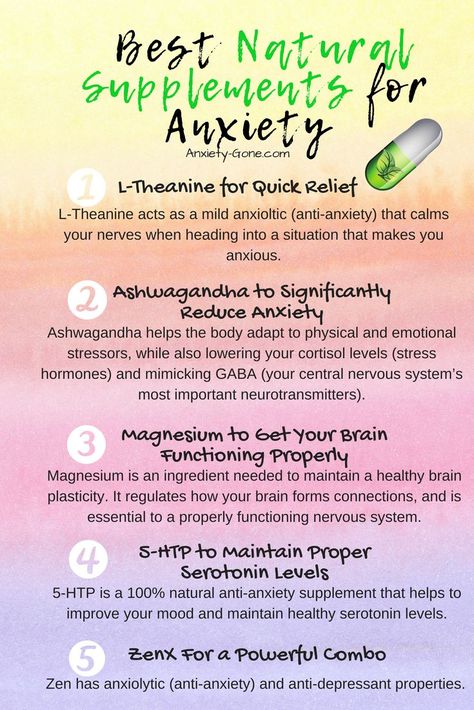 Although melatonin is a natural hormone, supplementing it does not affect its production in the body. Melatonin is also non-addictive. Melatonin supplements range in doses from 0.3mg to 10mg. It is best to start with the lowest possible dose and increase the dose as needed. Although melatonin supplements can be purchased without a prescription in the United States, they require a prescription in many other countries. nine0003
Although melatonin is a natural hormone, supplementing it does not affect its production in the body. Melatonin is also non-addictive. Melatonin supplements range in doses from 0.3mg to 10mg. It is best to start with the lowest possible dose and increase the dose as needed. Although melatonin supplements can be purchased without a prescription in the United States, they require a prescription in many other countries. nine0003
To recap:
Melatonin supplements can help you fall asleep faster and sleep longer if you have stress-related difficulty falling asleep.
3. Glycine
Glycine is an amino acid that your body uses to make proteins. Research shows that glycine can increase your body's resistance to stress, promoting a good night's rest through its calming effect on the brain and the ability to lower core body temperature. Lower body temperature promotes better sleep and helps you sleep better at night. In one study, 15 people who complained about the quality of their sleep and took 3 grams of glycine before bed ended up with less fatigue and increased alertness the next day compared to placebo.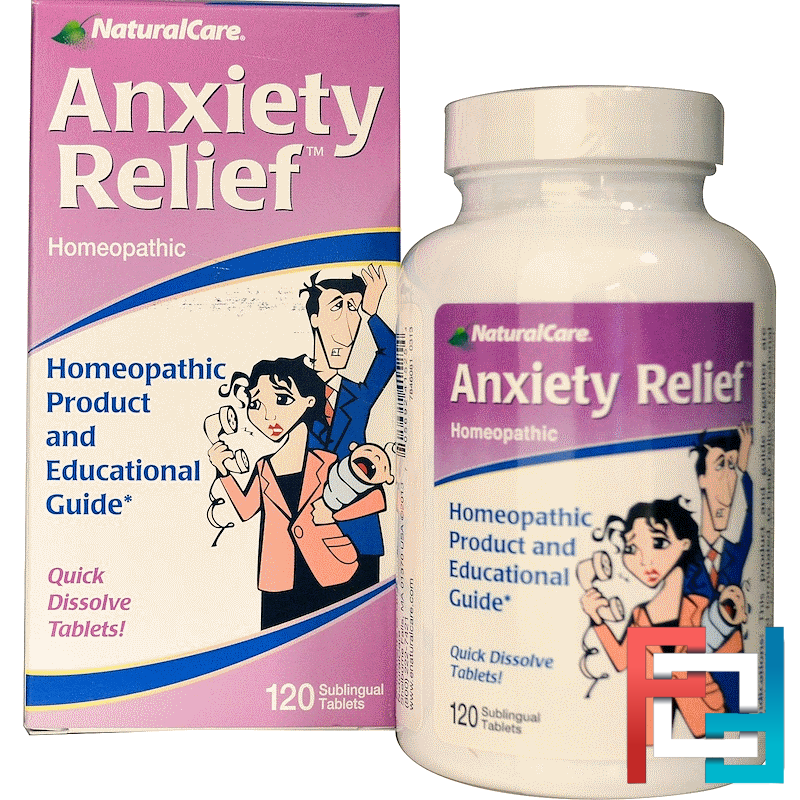 These effects occurred despite no difference in time taken to fall asleep or sleep time compared to placebo, suggesting that glycine improves sleep quality. In a similar study, taking 3 grams of glycine before bed was shown to improve sleep quality and performance on recognition and memory tasks. What's more, another small study found that supplementing with 3 grams of glycine before bed reduced daytime sleepiness and fatigue after 3 days of sleep deprivation. Glycine is well tolerated, but intake 9grams on an empty stomach at bedtime is associated with minor stomach upset. However, taking 3 grams is unlikely to cause any side effects.
These effects occurred despite no difference in time taken to fall asleep or sleep time compared to placebo, suggesting that glycine improves sleep quality. In a similar study, taking 3 grams of glycine before bed was shown to improve sleep quality and performance on recognition and memory tasks. What's more, another small study found that supplementing with 3 grams of glycine before bed reduced daytime sleepiness and fatigue after 3 days of sleep deprivation. Glycine is well tolerated, but intake 9grams on an empty stomach at bedtime is associated with minor stomach upset. However, taking 3 grams is unlikely to cause any side effects.
To recap:
The calming effects of glycine have been shown to improve sleep quality and increase alertness and concentration.
4. Ashwagandha
Ashwagandha (Withania somnifera) is an adaptogenic herb native to India, where it was used in Indian Ayurveda, one of the oldest medicinal systems in the world. physical and mental stress.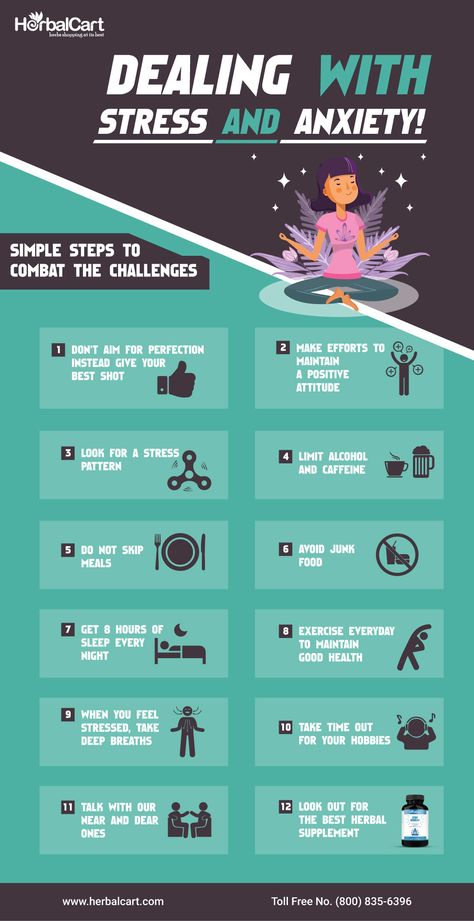 For example, in one ashwagandha stress relief study, researchers randomized 60 people with mild stress to receive 240 mg of a standardized ashwagandha extract or placebo daily for 60 days. Compared to placebo, ashwagandha supplementation was strongly associated with greater reductions in stress, anxiety, and depression. Ashwagandha has also been associated with a 23% reduction in morning levels of cortisol, the stress hormone. What's more, a review of five studies examining the effects of ashwagandha on anxiety and stress found that those who took ashwagandha extract performed better on tests measuring levels of stress, anxiety, and fatigue. A study examining the safety and efficacy of taking ashwagandha in people with chronic stress found that taking 600 mg of ashwagandha for 60 days was safe and well tolerated. nine0003
For example, in one ashwagandha stress relief study, researchers randomized 60 people with mild stress to receive 240 mg of a standardized ashwagandha extract or placebo daily for 60 days. Compared to placebo, ashwagandha supplementation was strongly associated with greater reductions in stress, anxiety, and depression. Ashwagandha has also been associated with a 23% reduction in morning levels of cortisol, the stress hormone. What's more, a review of five studies examining the effects of ashwagandha on anxiety and stress found that those who took ashwagandha extract performed better on tests measuring levels of stress, anxiety, and fatigue. A study examining the safety and efficacy of taking ashwagandha in people with chronic stress found that taking 600 mg of ashwagandha for 60 days was safe and well tolerated. nine0003
To recap:
Ashwagandha's adaptogenic properties have been shown to reduce stress, anxiety, and depression, as well as lower morning cortisol levels.
5. L-theanine
L-theanine
L-theanine is the amino acid most commonly found in tea leaves. It has been studied for its ability to promote relaxation and reduce stress without producing a sedative effect. A review of 21 studies involving nearly 68,000 people found that drinking green tea reduced anxiety and improved memory and attention. These effects have been attributed to the synergistic effects of caffeine and l-theanine in tea, as each ingredient was found to have less of an effect on its own. However, studies show that l-theanine on its own can help relieve stress. One study found that supplementation with 200mg of l-theanine reduced measures of stress, such as heart rate, in response to a task that required no small amount of mental stress. In another study in 34 people, drinking a drink containing 200 mg of l-theanine and other nutrients lowered levels of the stress hormone cortisol in response to a stressful multitasking task. L-theanine is well tolerated and safe when taken at an effective relaxation dose, which ranges from 200 to 600 mg per day in capsule form. In comparison, l-theanine makes up 1-2% of the leaf dry weight, which equates to 10-20 mg of l-theanine per commercially available tea bag. However, drinking tea is unlikely to have a noticeable effect on stress. However, many people find that tea, as well as drinking it slowly, has a relaxing effect on them. nine0003
In comparison, l-theanine makes up 1-2% of the leaf dry weight, which equates to 10-20 mg of l-theanine per commercially available tea bag. However, drinking tea is unlikely to have a noticeable effect on stress. However, many people find that tea, as well as drinking it slowly, has a relaxing effect on them. nine0003
To recap:
L-theanine is a natural component of tea leaves that reduces stress and promotes relaxation.
6. B-Complex
B-Complex usually contains all eight B vitamins. These vitamins play an important role in metabolism, turning the food you eat into usable energy. B vitamins are also essential for heart and brain health. Food sources of vitamin B include grains, meats, legumes, eggs, dairy, and leafy greens. Interestingly, high doses of B vitamins have been suggested to improve stress symptoms such as mood and energy levels by lowering blood levels of the amino acid homocysteine. High homocysteine levels are associated with stress and an increased risk of dementia and rectal cancer, including heart disease.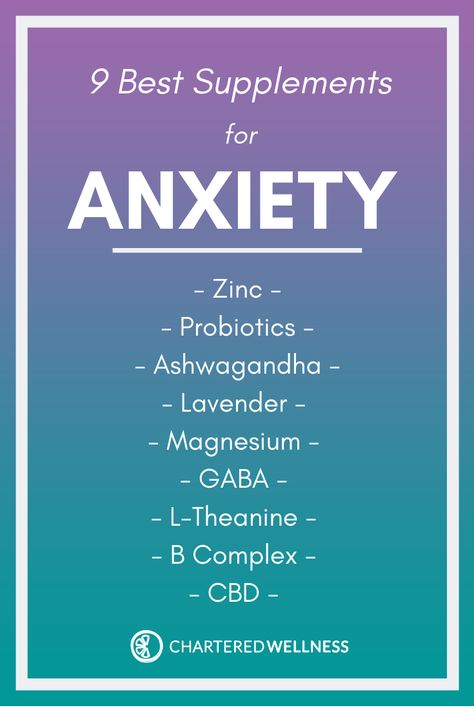 In one 12-week study of 60 people with work-related stress, those who took one of two forms of a vitamin B complex supplement experienced fewer symptoms of work-related stress, including depression, anger, and fatigue, compared to compared with participants in the placebo group. Moreover, a review of 8 studies involving 1292 people showed that taking multivitamin and mineral supplements improved several aspects of mood, including stress, anxiety, and energy. Although the supplement contained several other vitamins and minerals, the study authors suggested that supplements containing high doses of vitamin B may be more effective in improving mood. Another study found similar results, suggesting that adding B vitamins to multivitamin and mineral supplements can improve mood and stress by lowering homocysteine levels. However, it is unclear whether people who already have low homocysteine levels will experience the same effects. Vitamin B complex supplements are generally safe when taken at recommended doses.
In one 12-week study of 60 people with work-related stress, those who took one of two forms of a vitamin B complex supplement experienced fewer symptoms of work-related stress, including depression, anger, and fatigue, compared to compared with participants in the placebo group. Moreover, a review of 8 studies involving 1292 people showed that taking multivitamin and mineral supplements improved several aspects of mood, including stress, anxiety, and energy. Although the supplement contained several other vitamins and minerals, the study authors suggested that supplements containing high doses of vitamin B may be more effective in improving mood. Another study found similar results, suggesting that adding B vitamins to multivitamin and mineral supplements can improve mood and stress by lowering homocysteine levels. However, it is unclear whether people who already have low homocysteine levels will experience the same effects. Vitamin B complex supplements are generally safe when taken at recommended doses.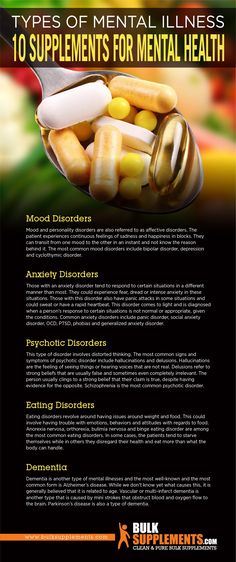 However, they can cause harmful side effects, such as nerve pain, understandably only when taken in large amounts. In addition, they are water soluble, so your body will excrete any excess in the urine. Eight B vitamins, known as B-complex vitamins, may improve mood and reduce stress by lowering homocysteine levels or maintaining healthy levels of this amino acid. nine0003
However, they can cause harmful side effects, such as nerve pain, understandably only when taken in large amounts. In addition, they are water soluble, so your body will excrete any excess in the urine. Eight B vitamins, known as B-complex vitamins, may improve mood and reduce stress by lowering homocysteine levels or maintaining healthy levels of this amino acid. nine0003
7. Kava
Kava (Piper methysticum) is a tropical evergreen shrub native to the islands of the South Pacific. Its roots were traditionally used by the Pacific Islanders to make a ceremonial drink called kava, or kava kava. Kava contains active compounds called kavalactones, which have been studied for their ability to reduce stress. Kavalactones are thought to inhibit the breakdown of gamma-aminobutyric acid (GABA), a neurotransmitter that lowers the activity of your nervous system, producing a calming effect. This can help reduce feelings of anxiety and stress. A review of 11 studies involving 645 people found that kava extract relieves anxiety, a common response to stress.

